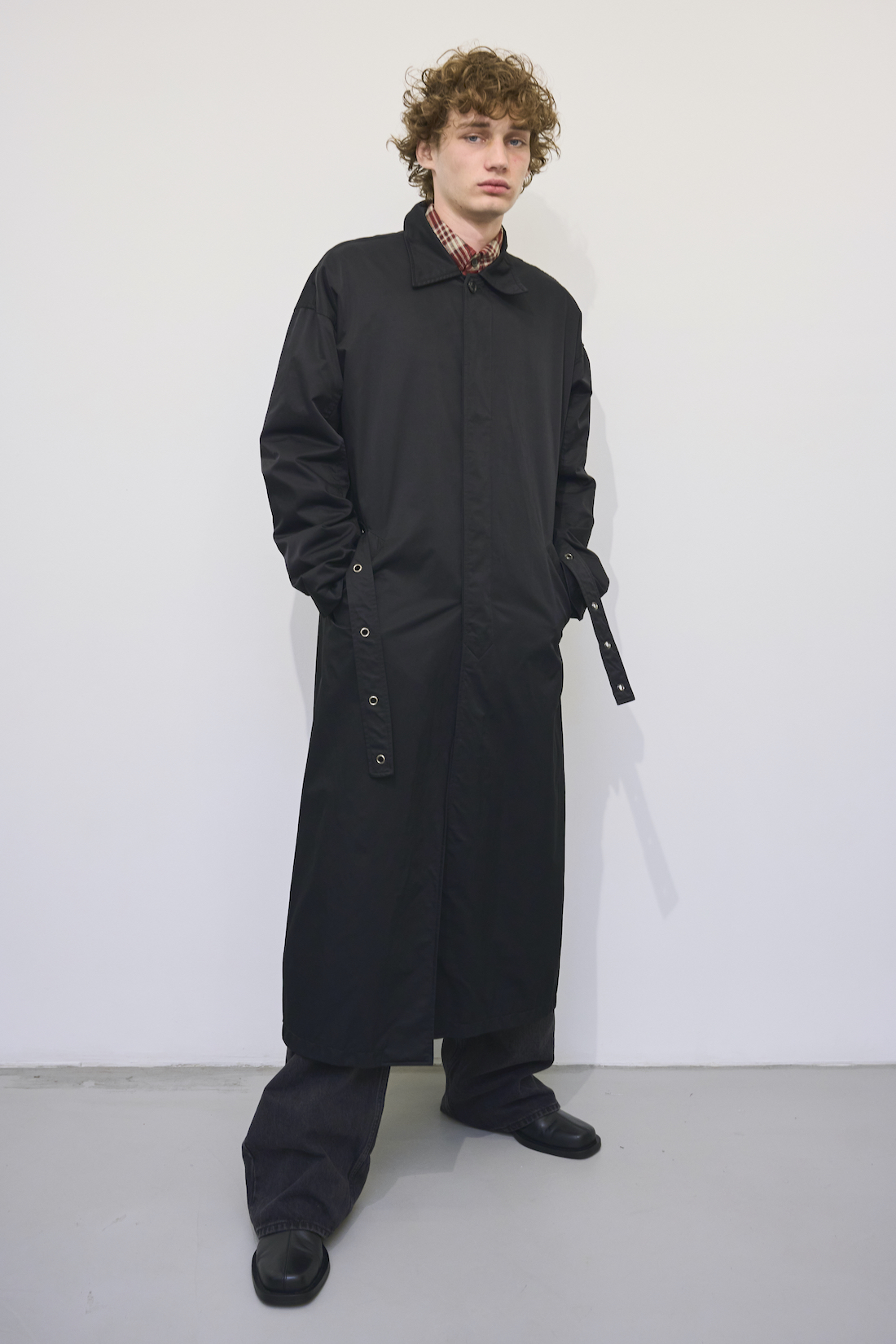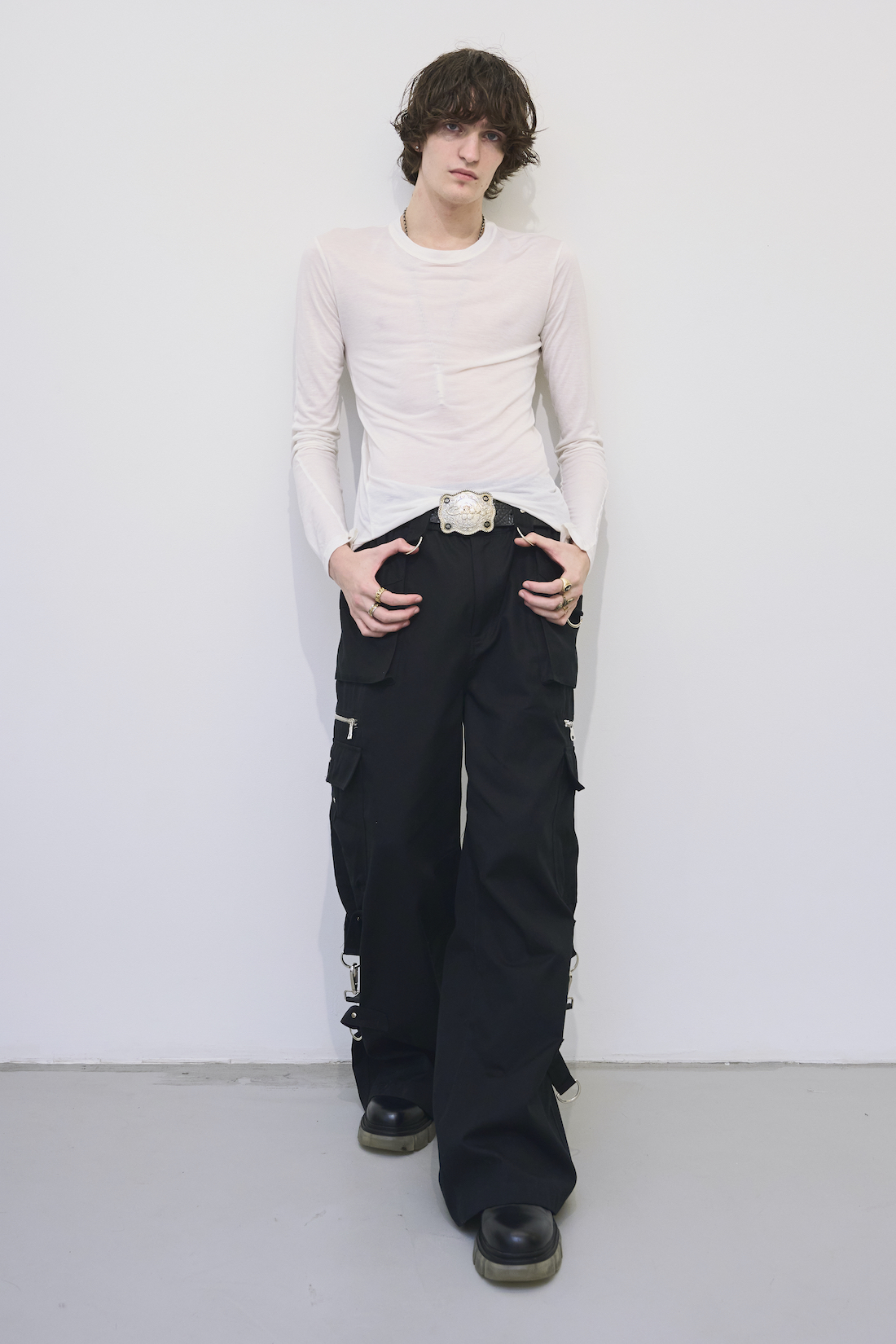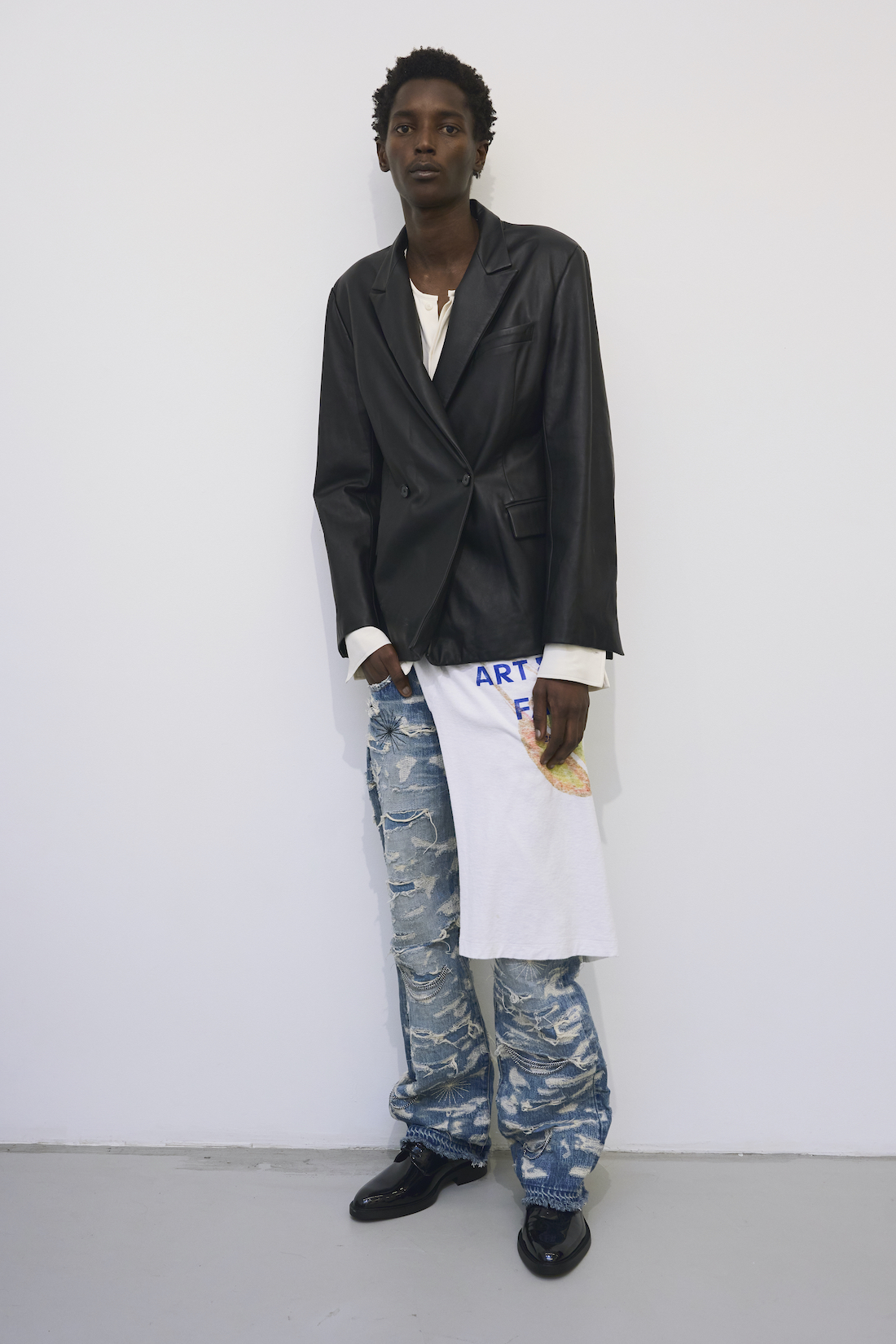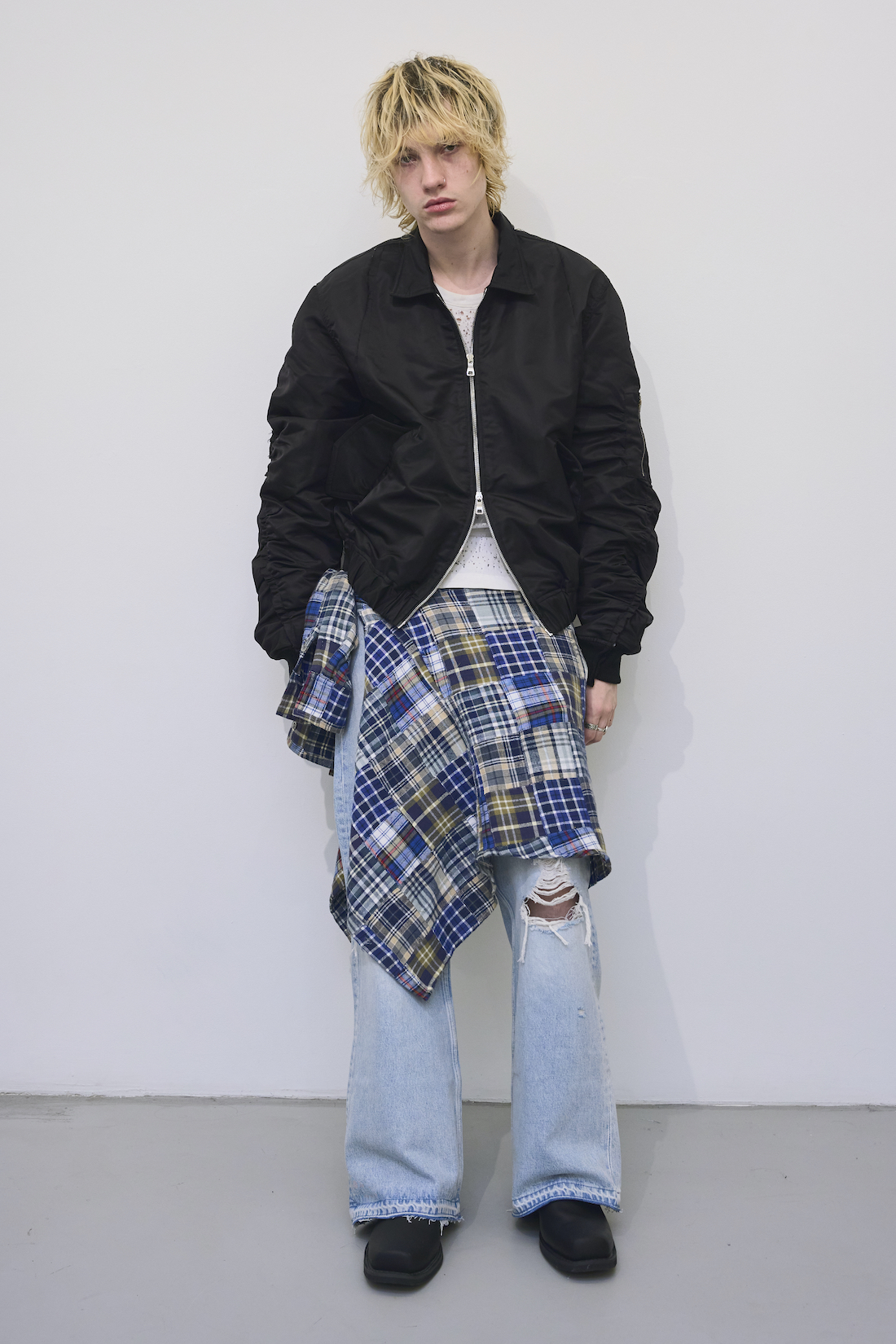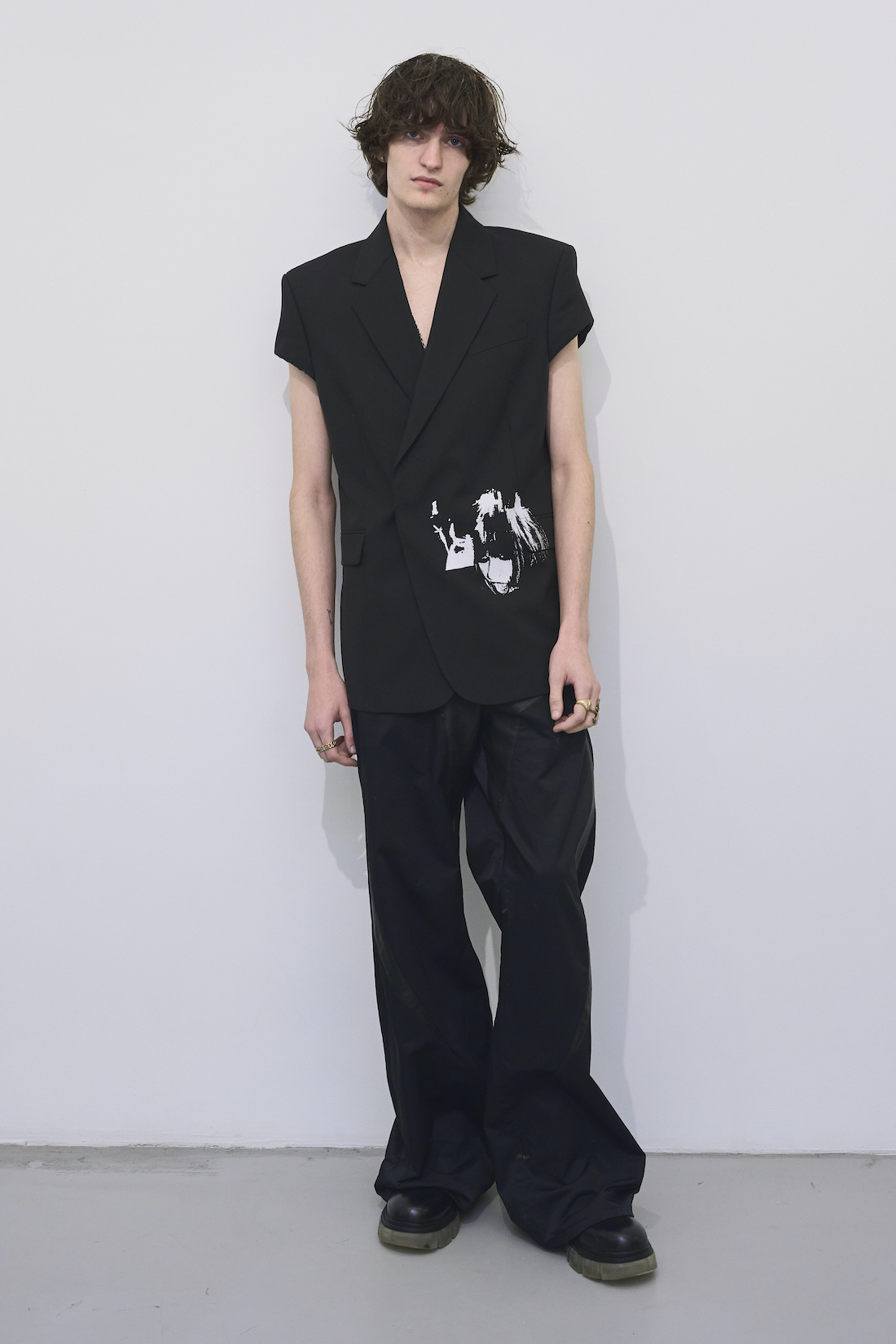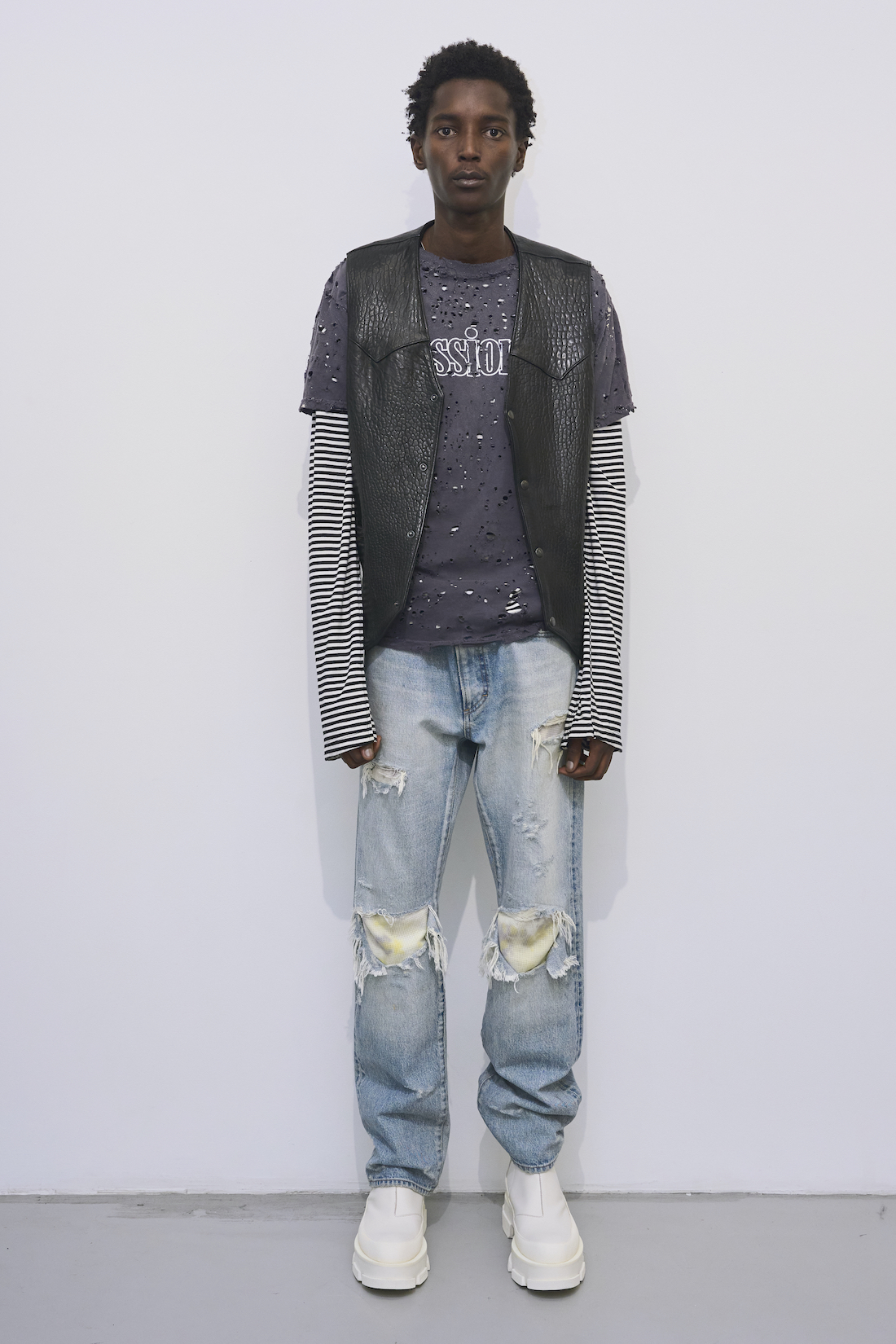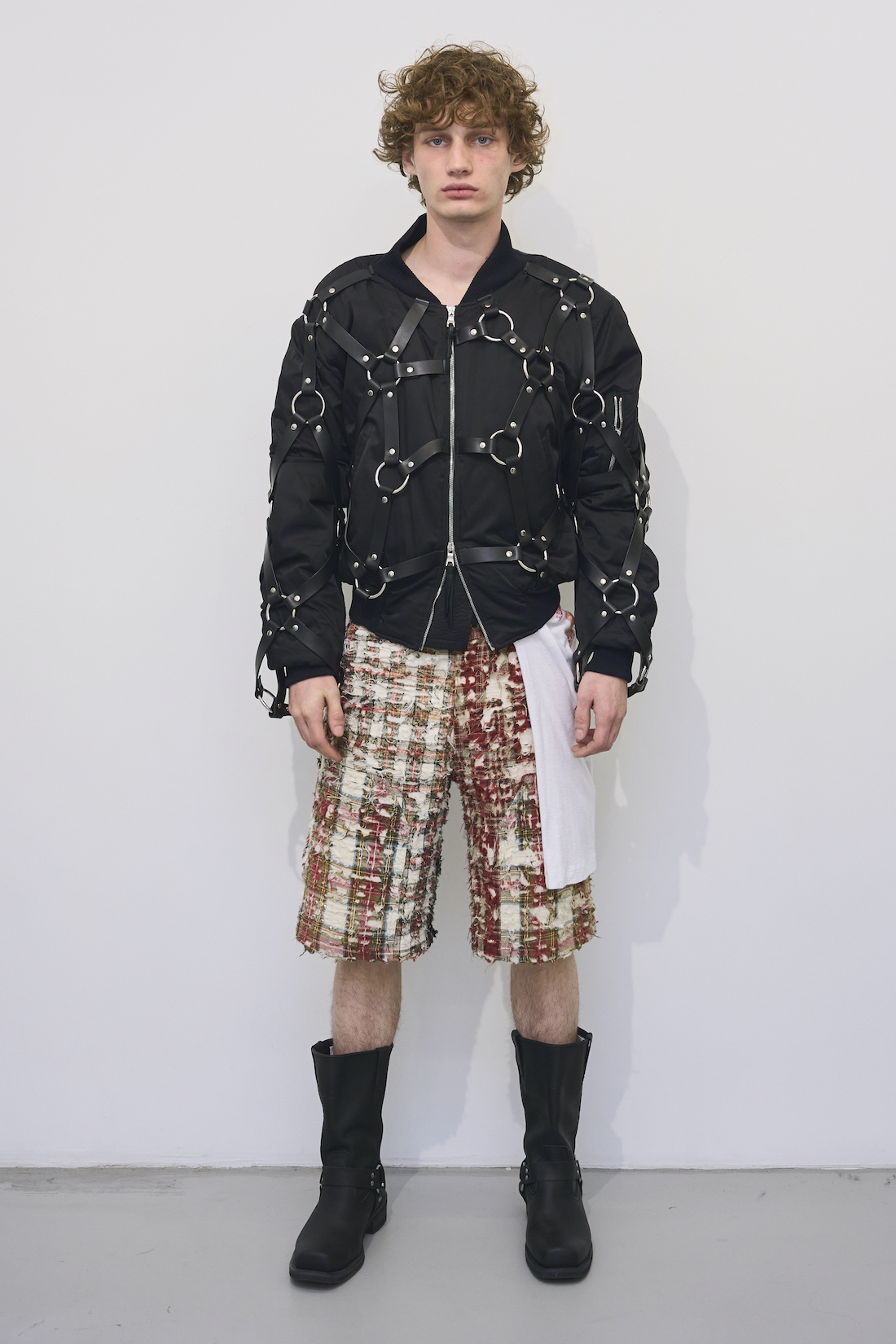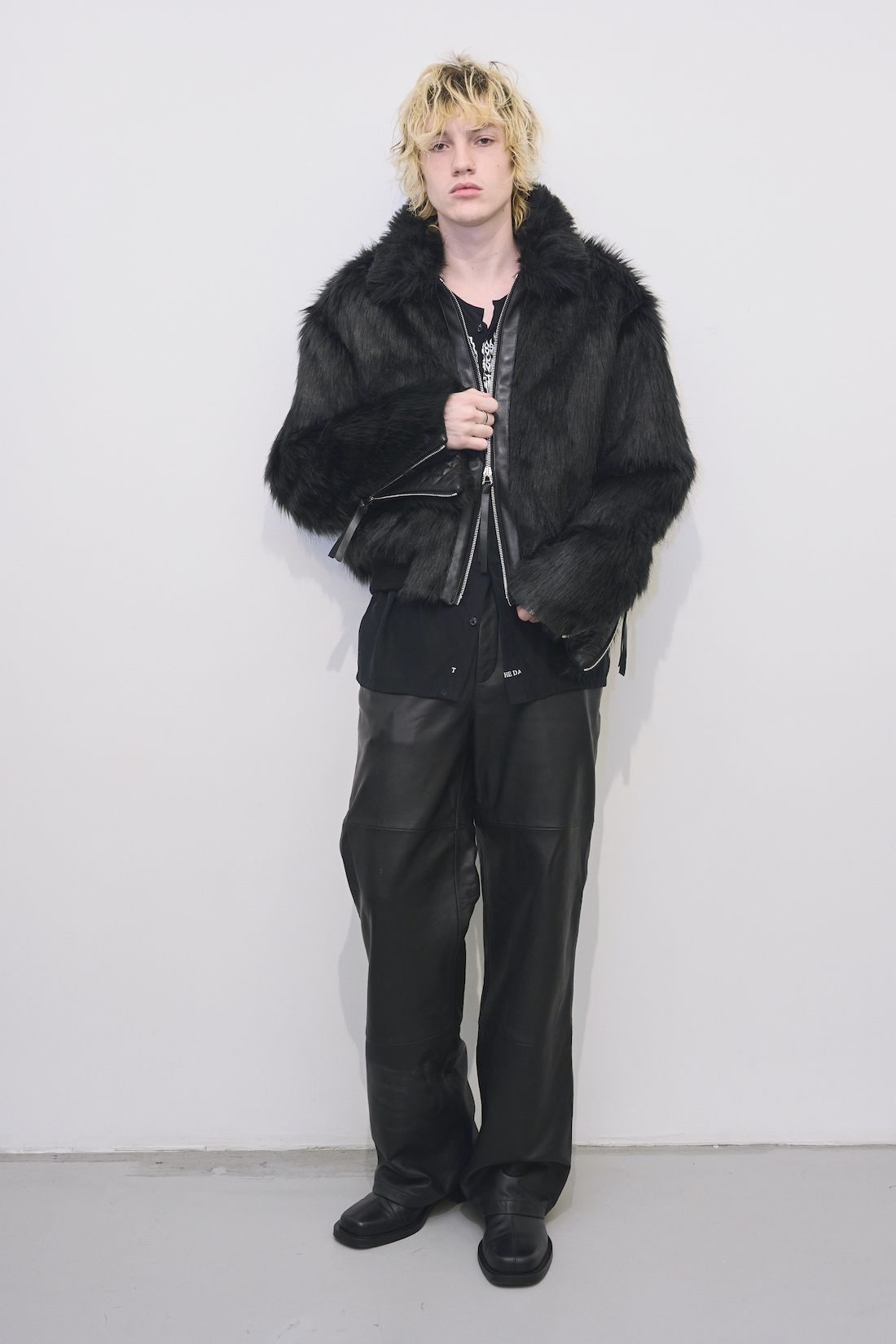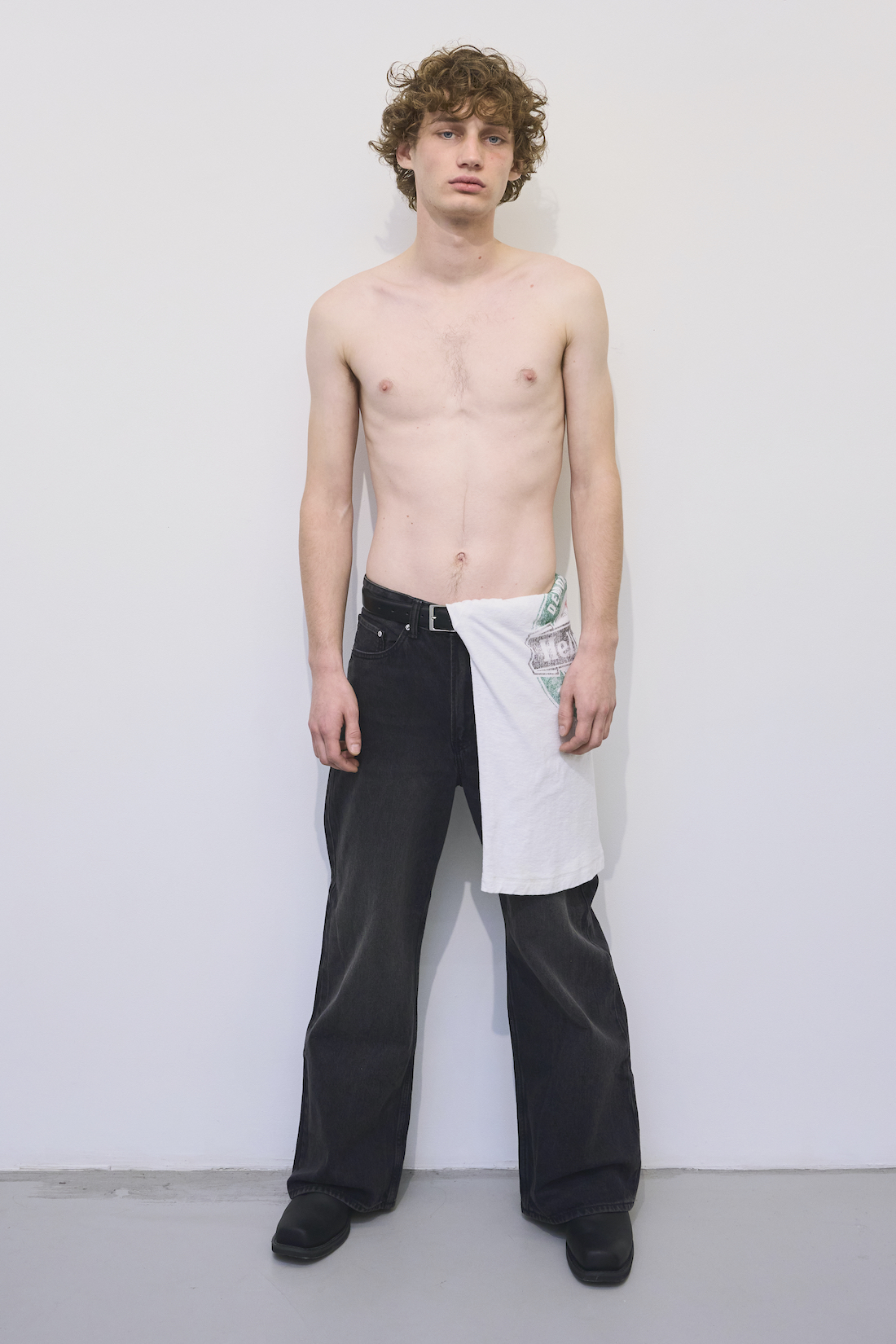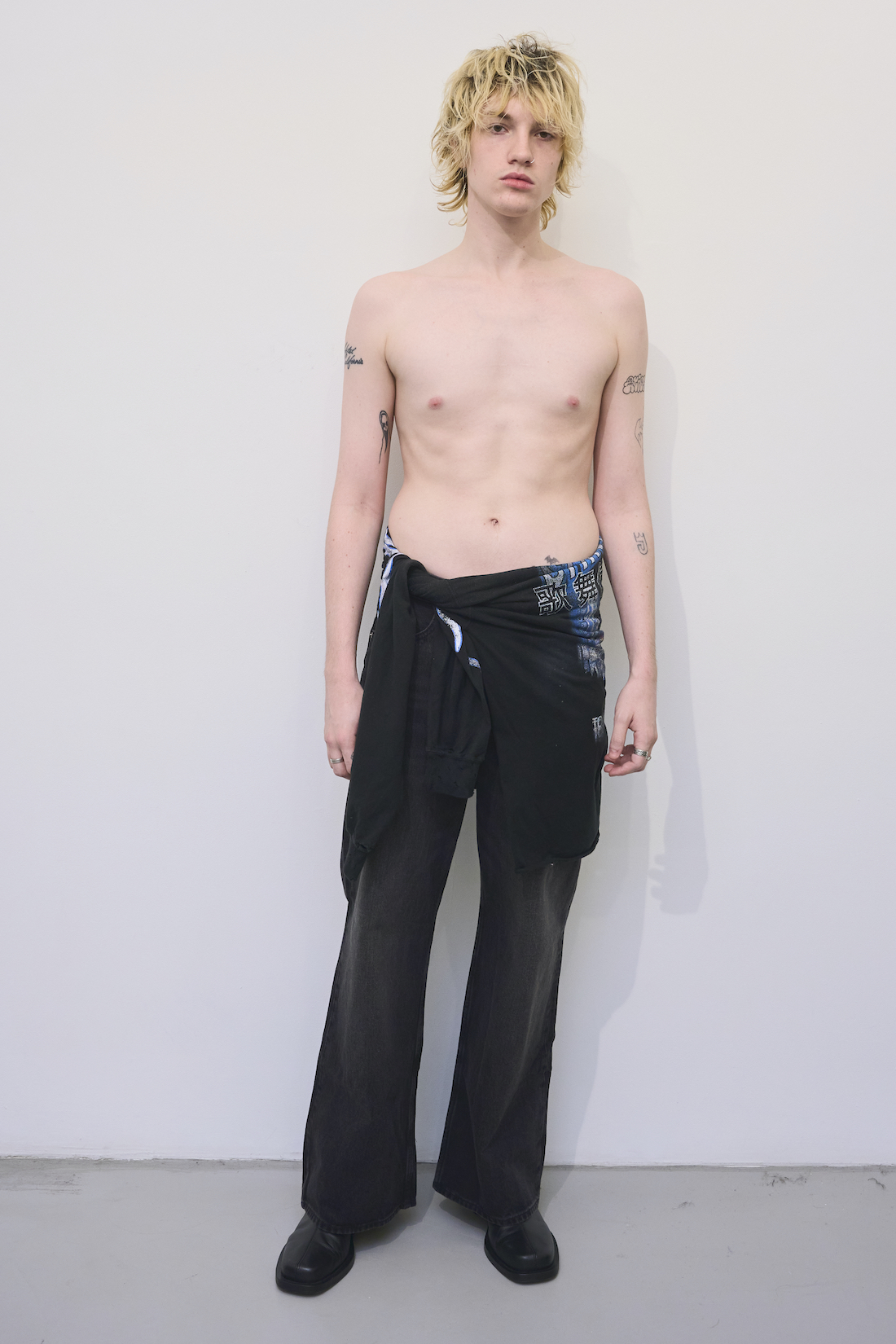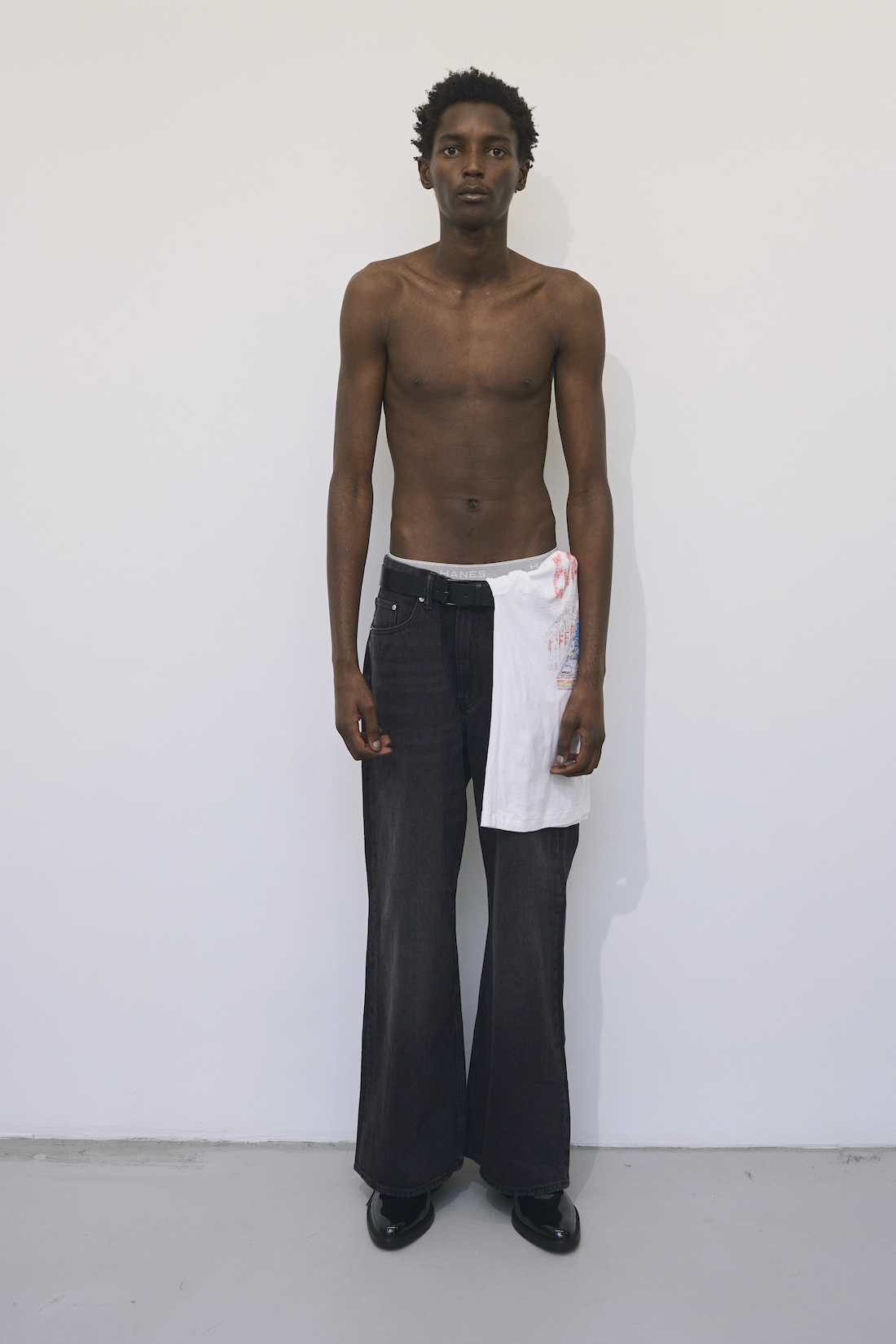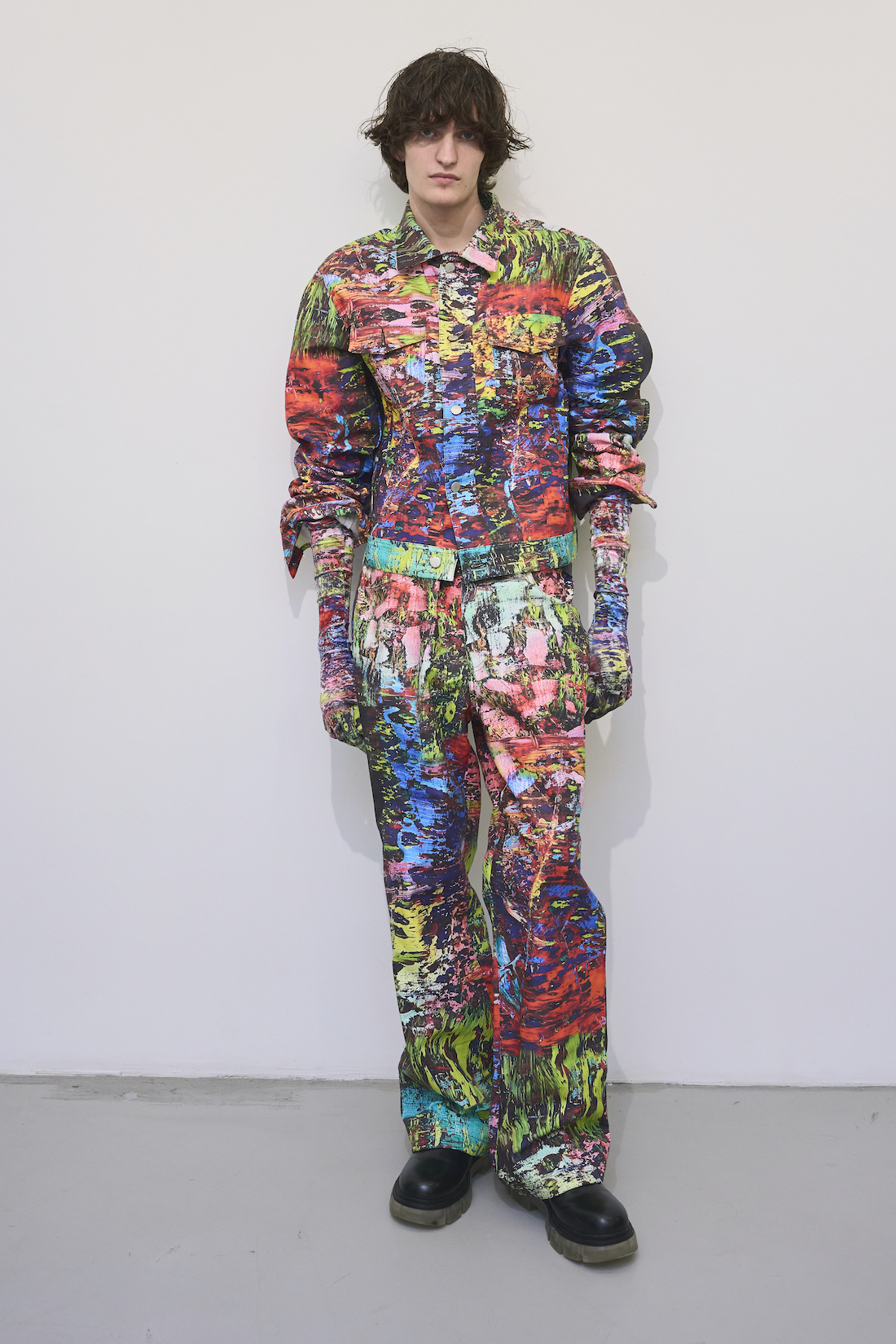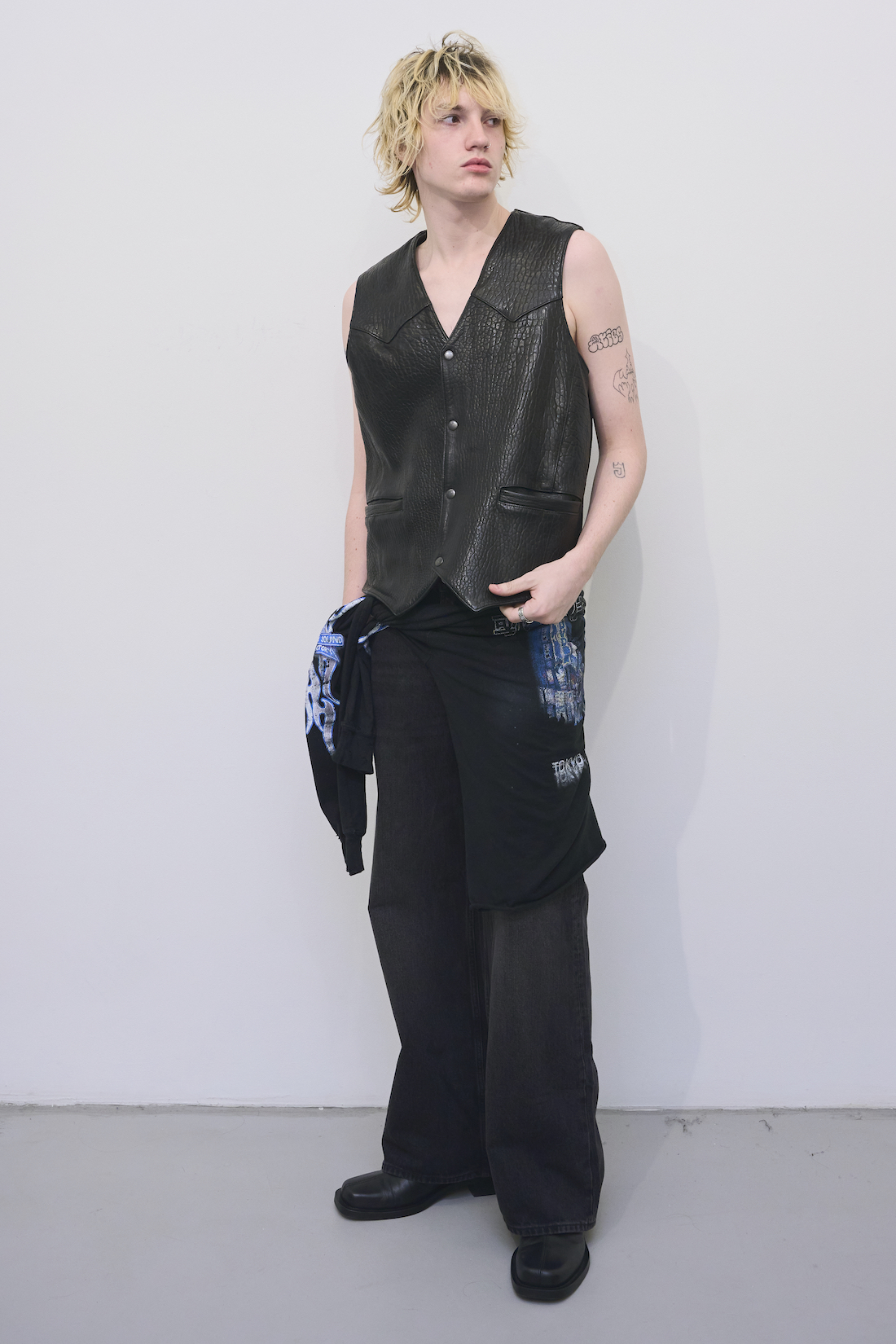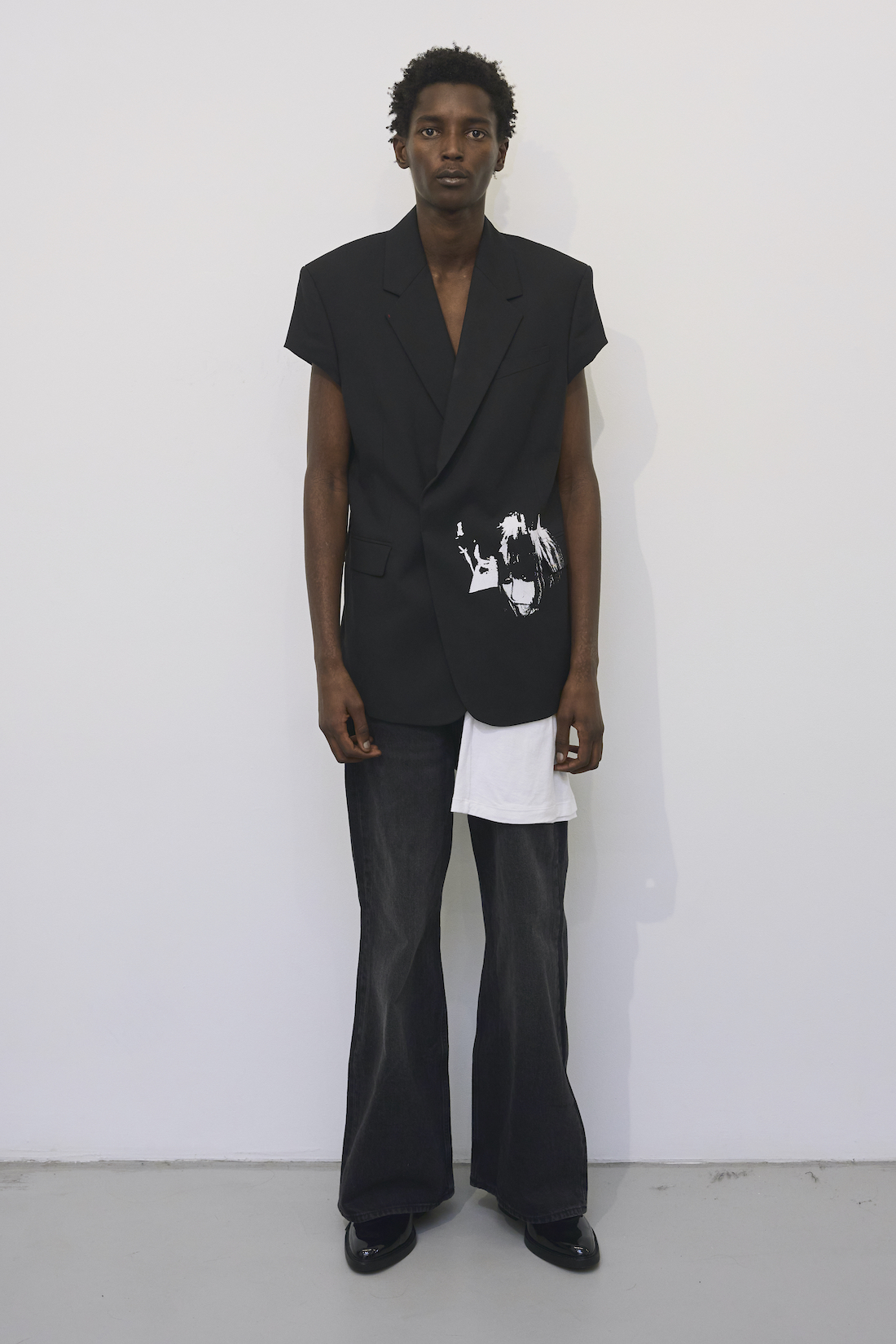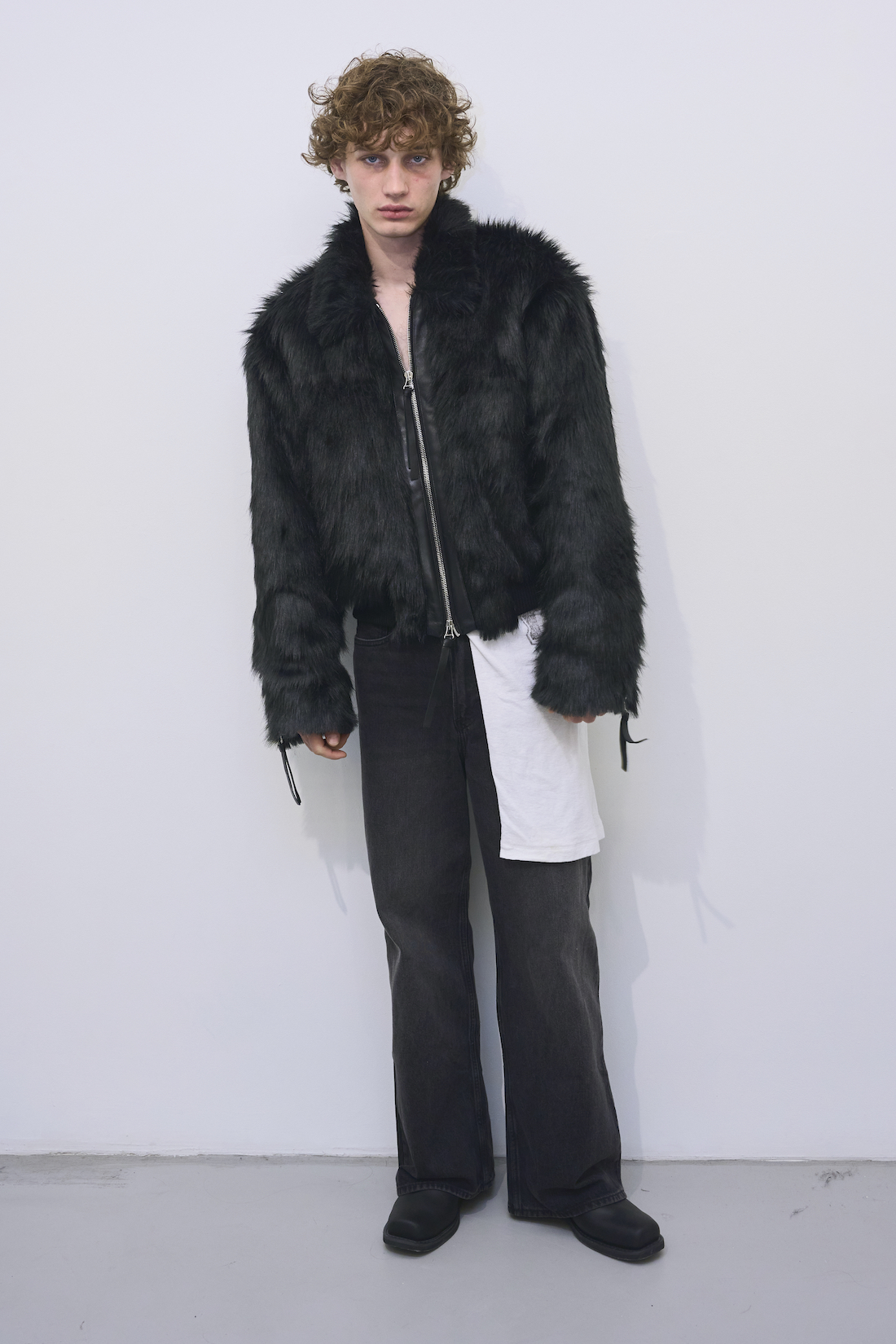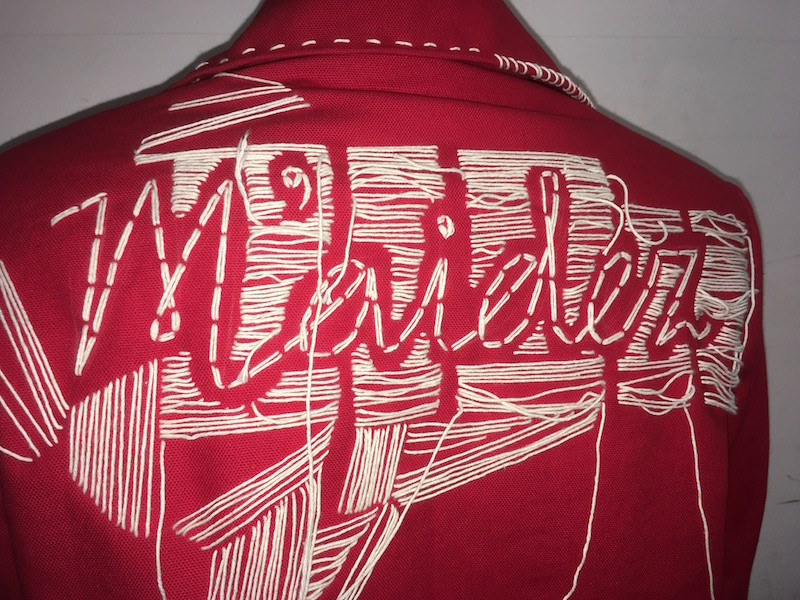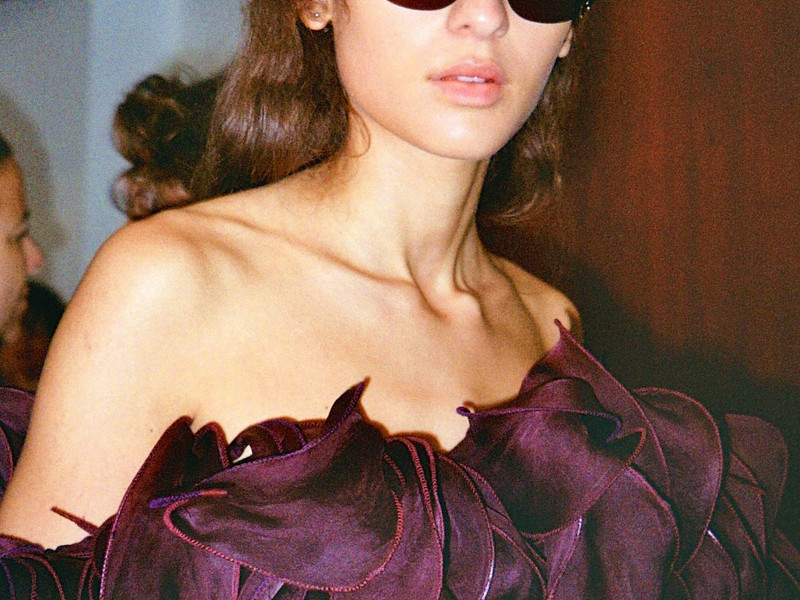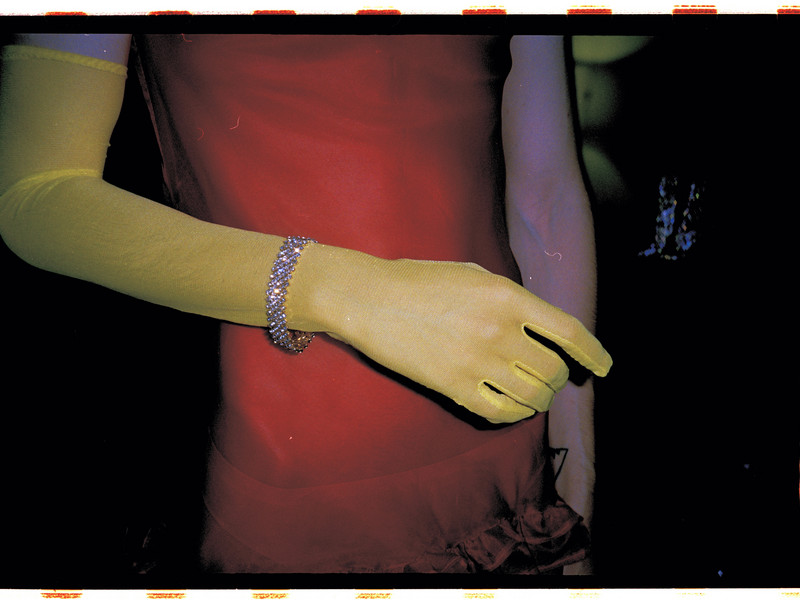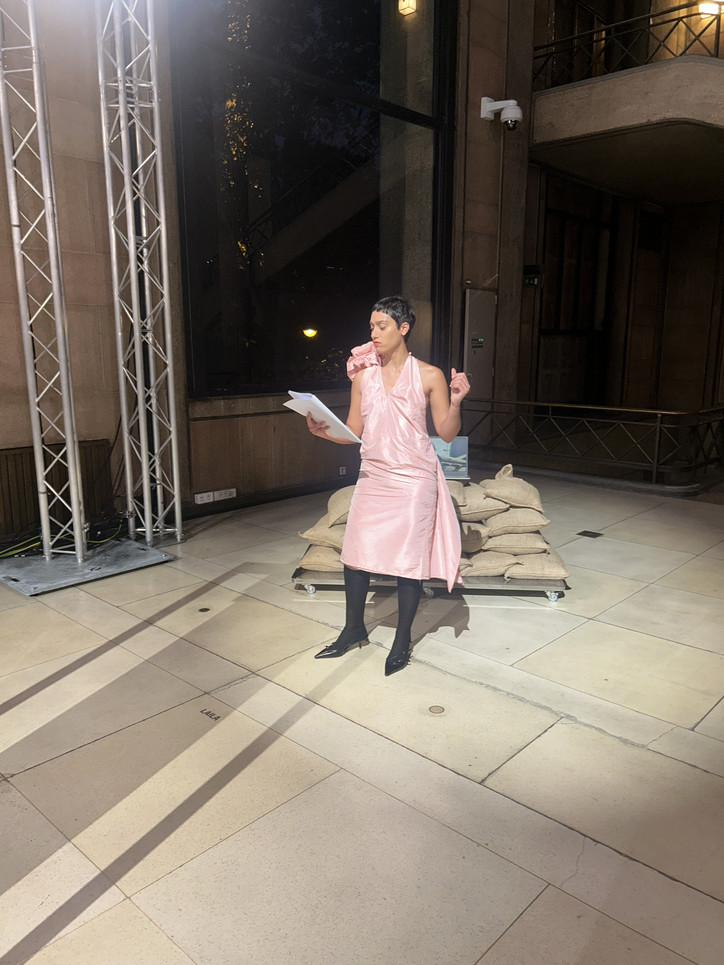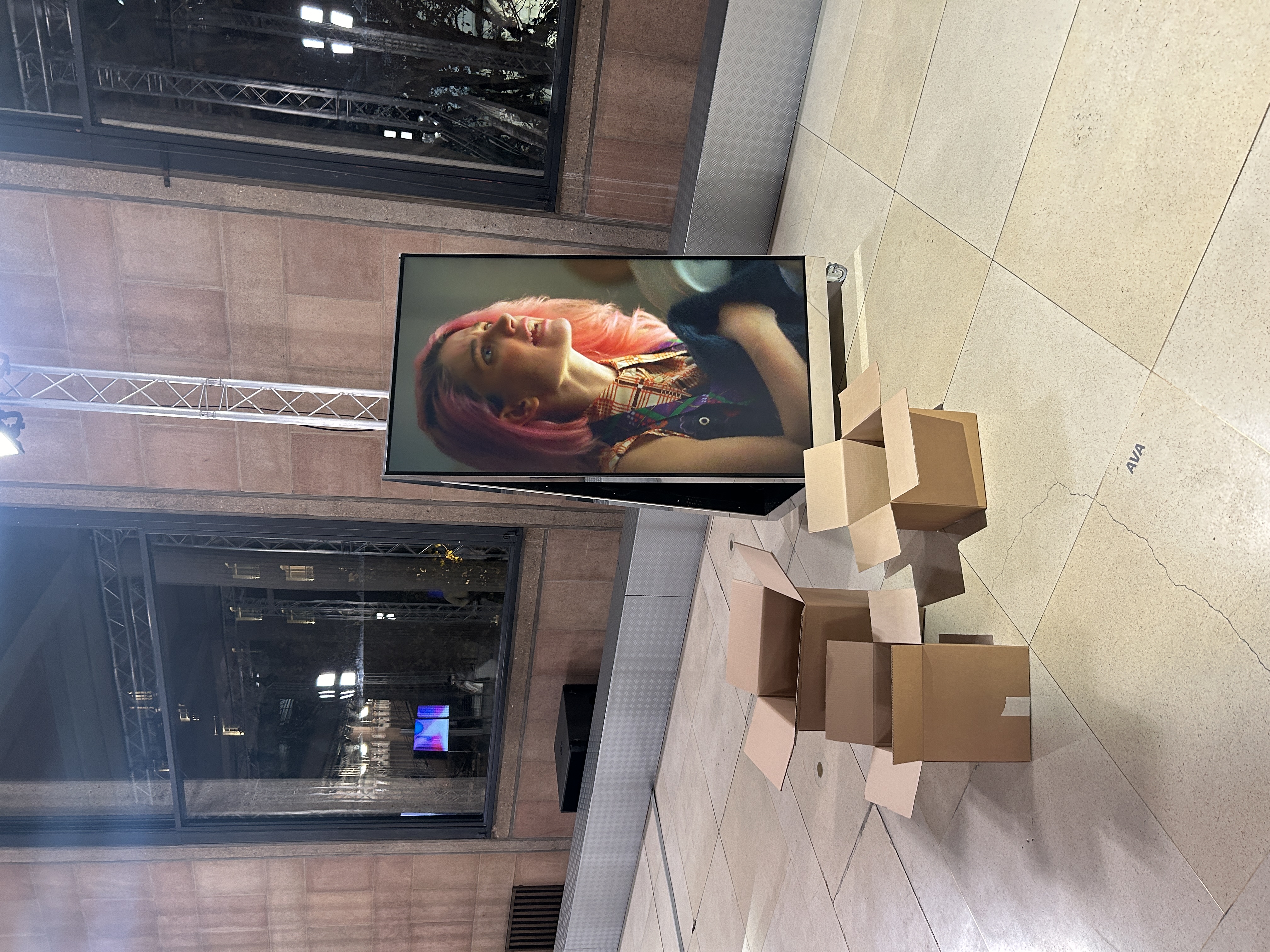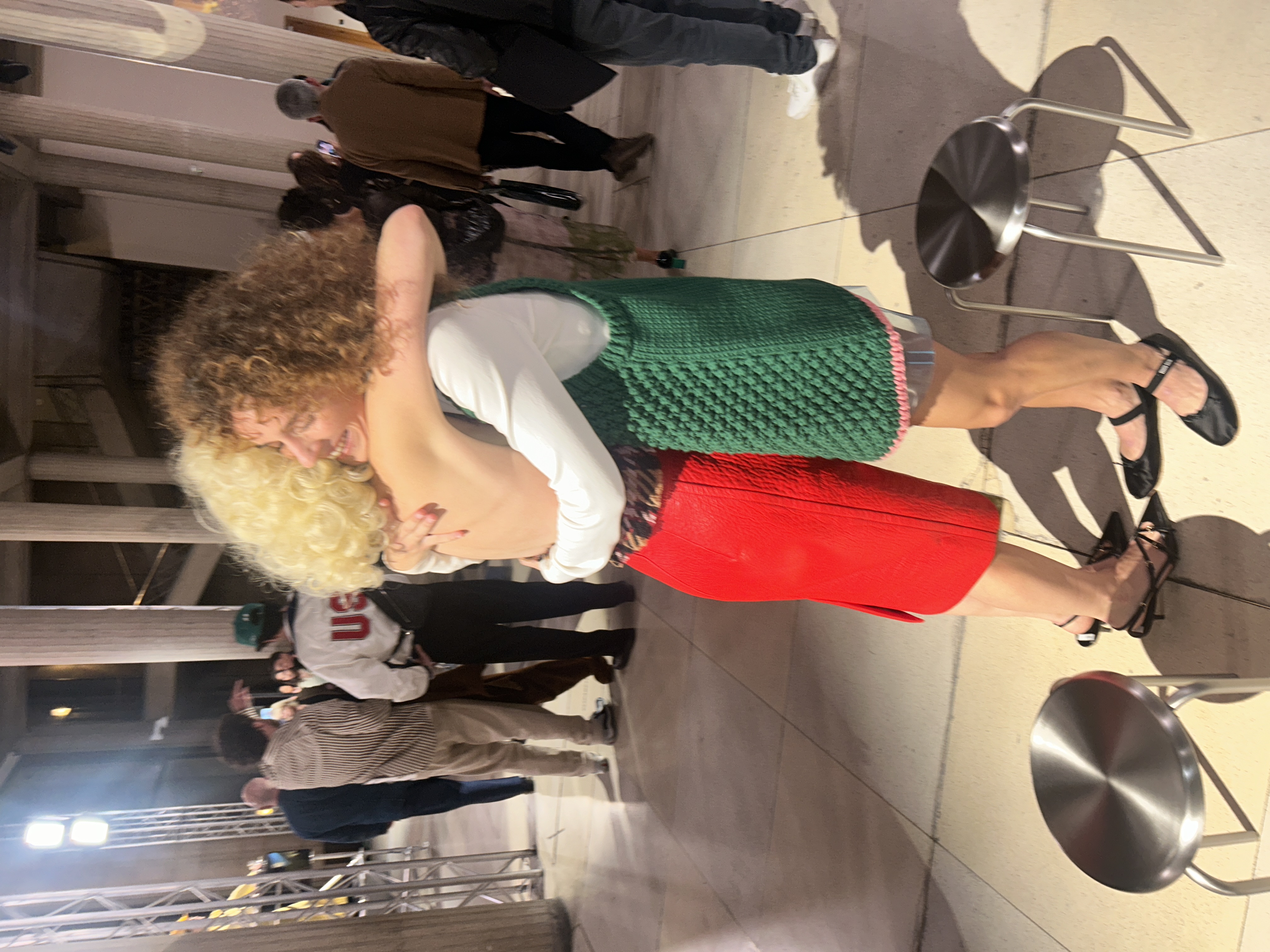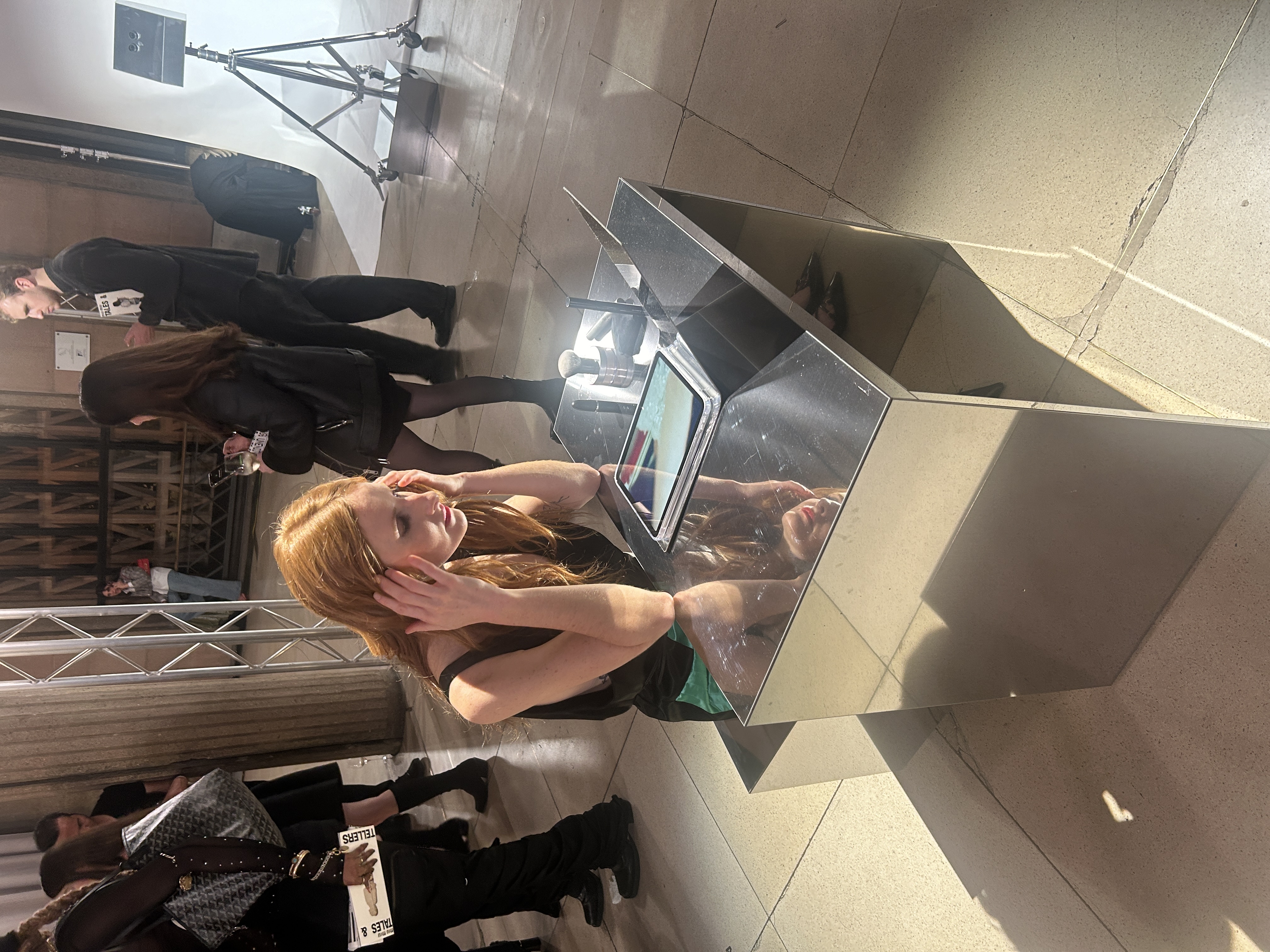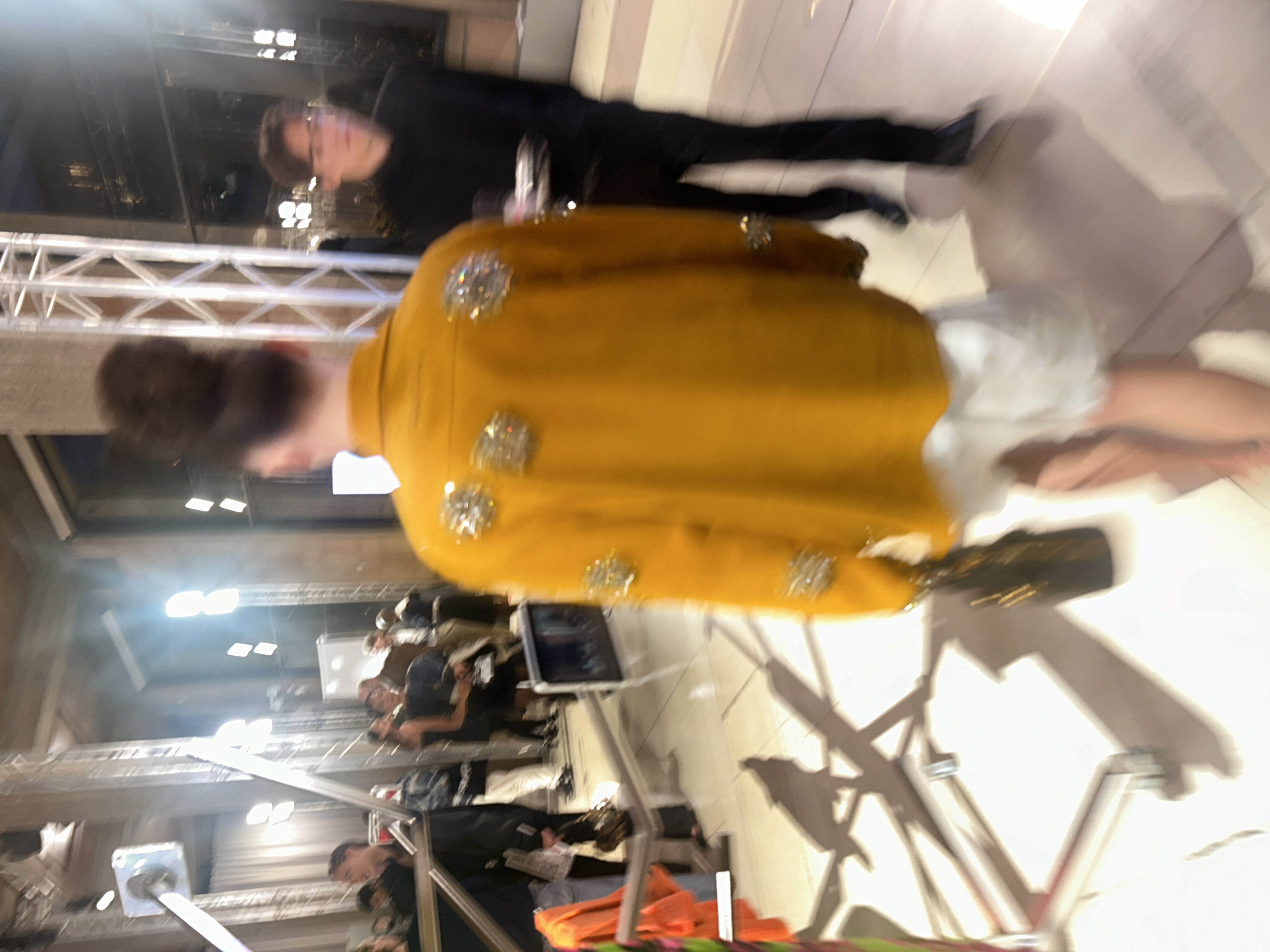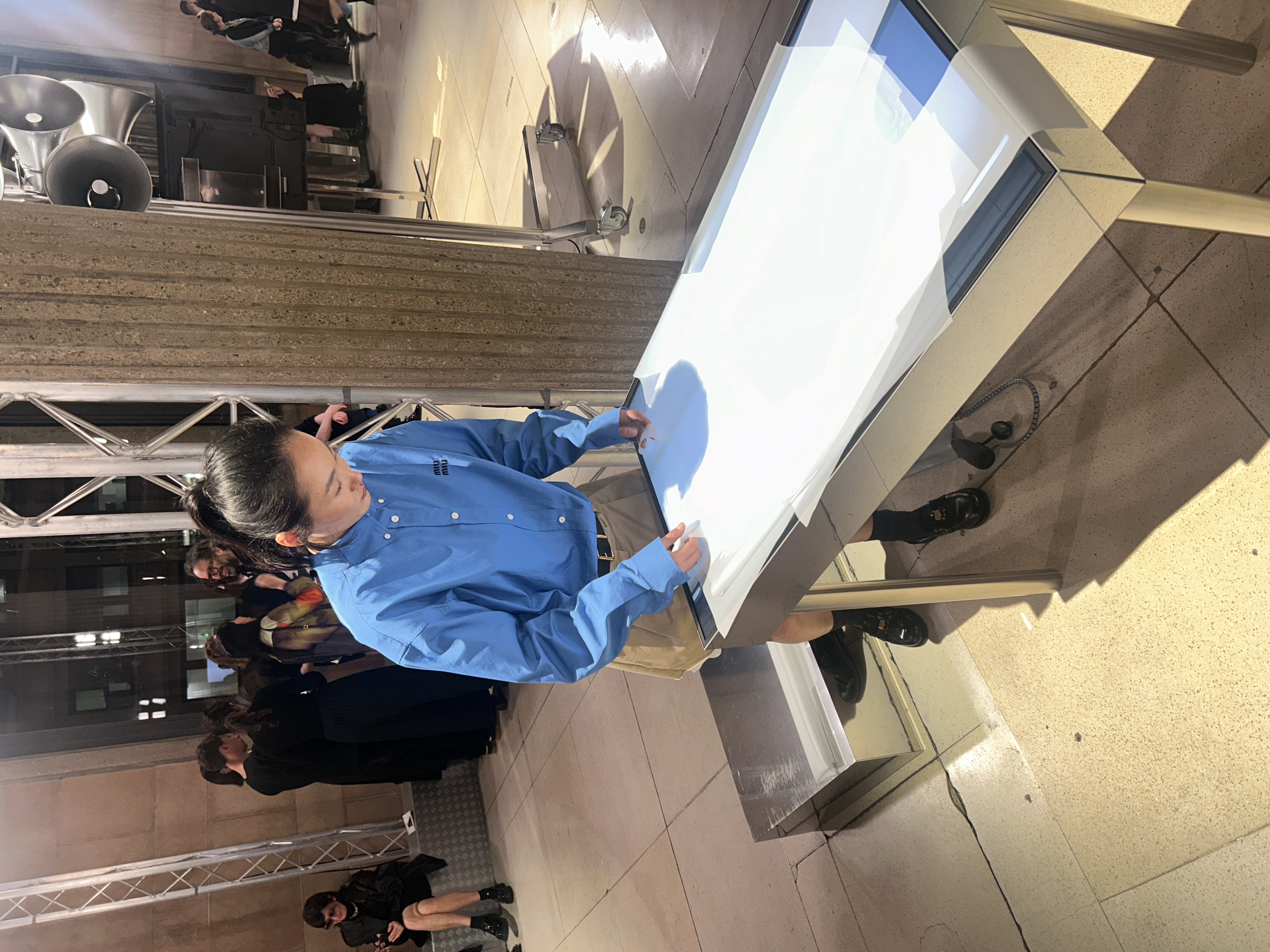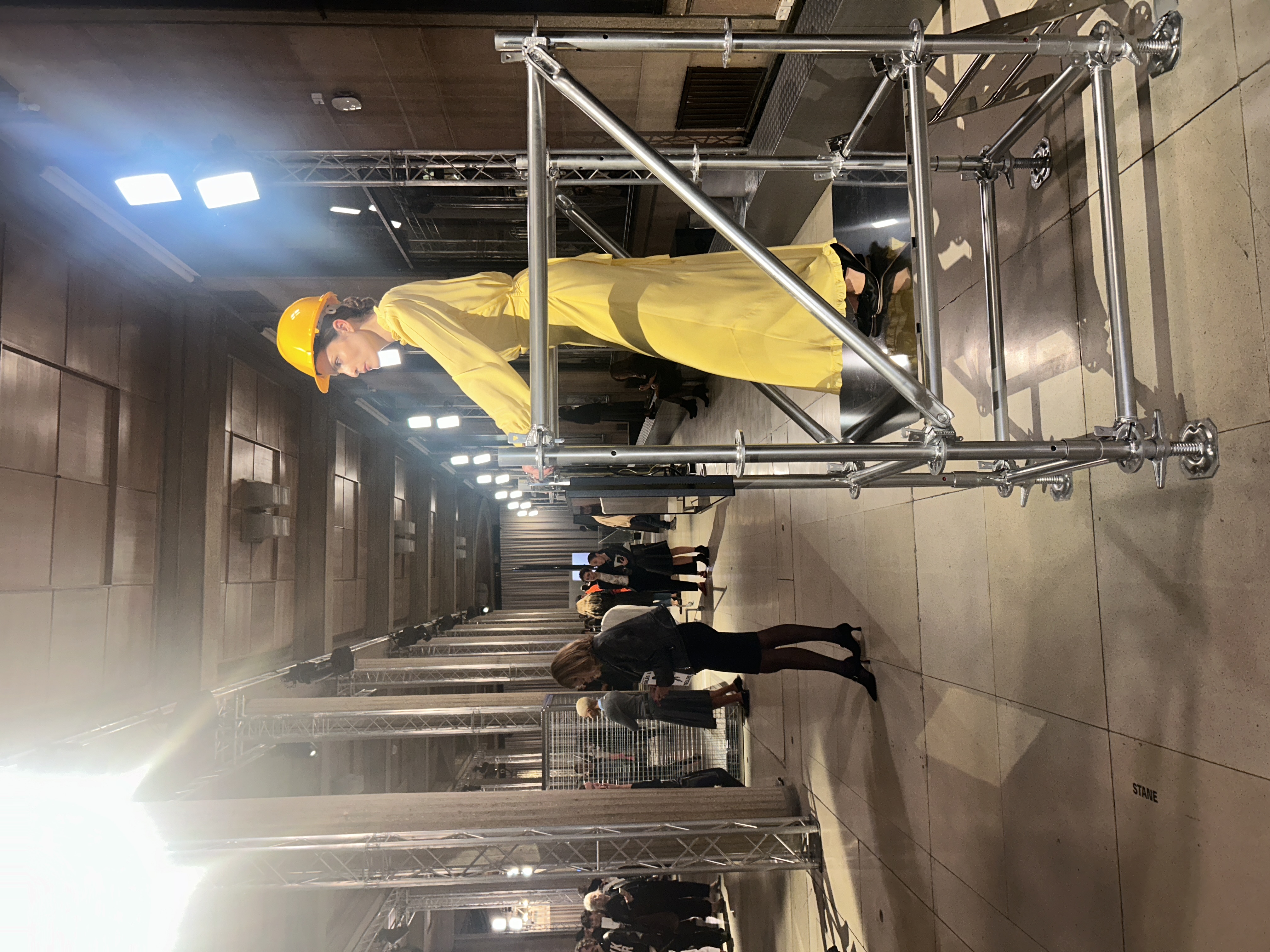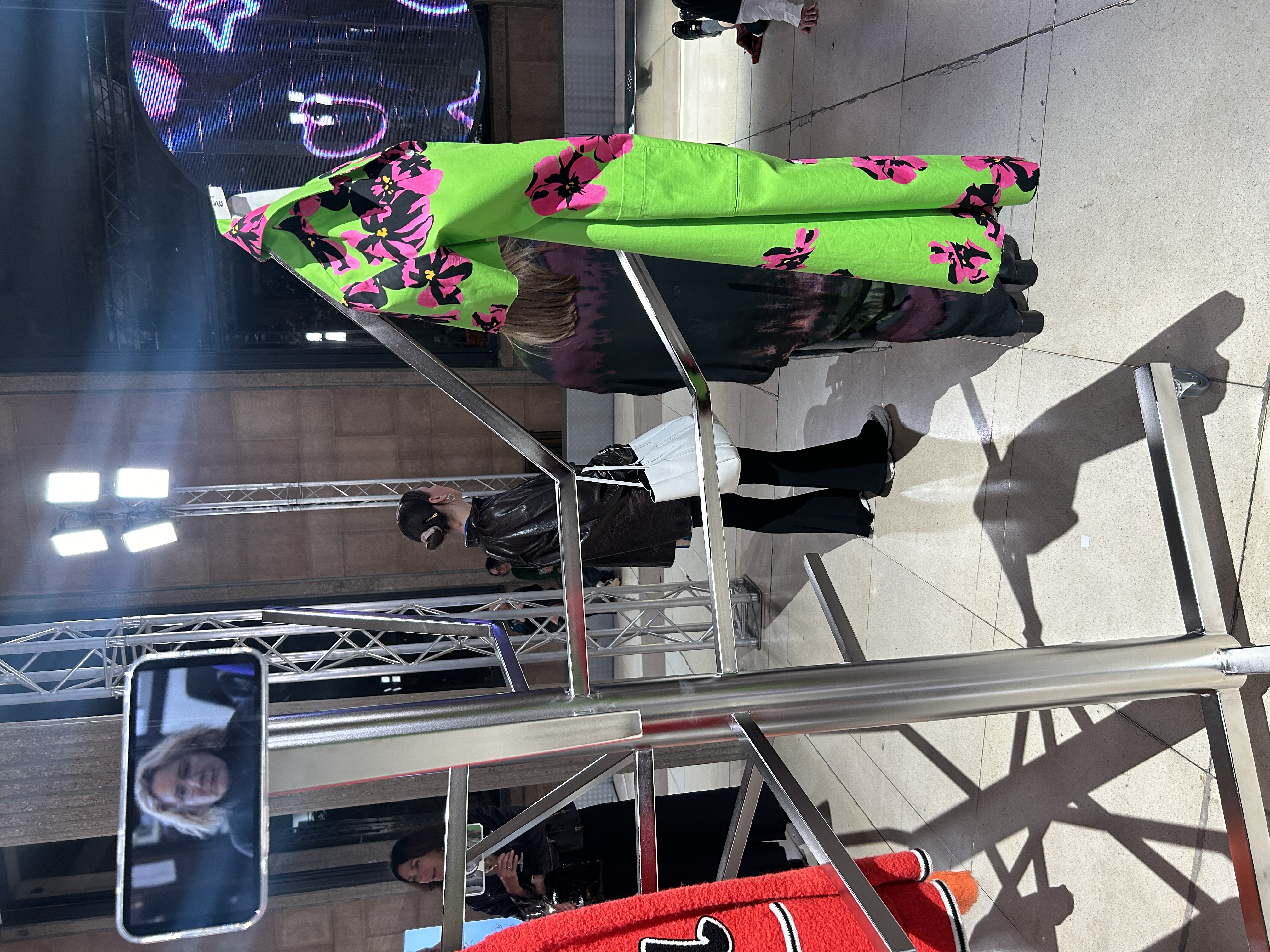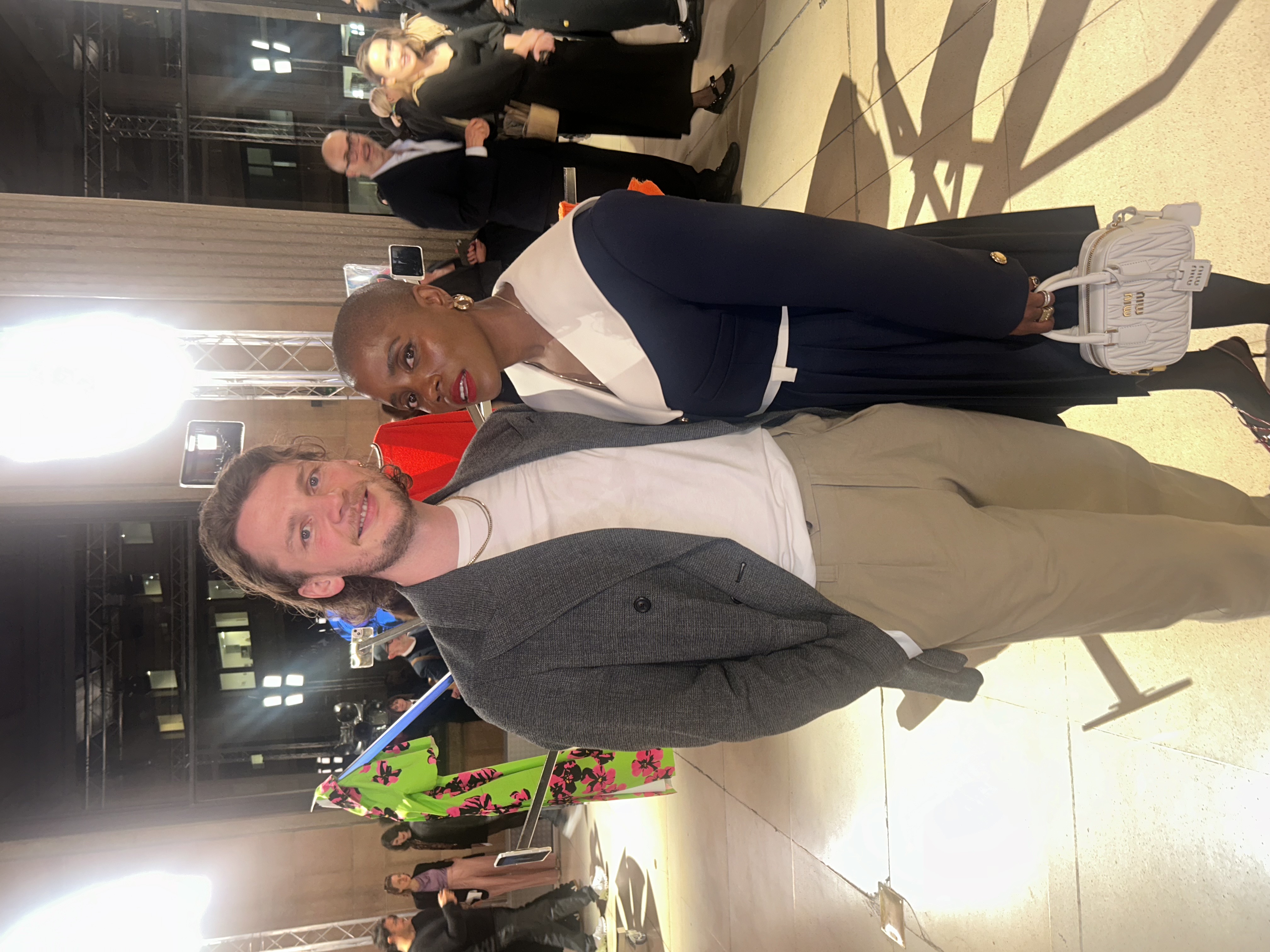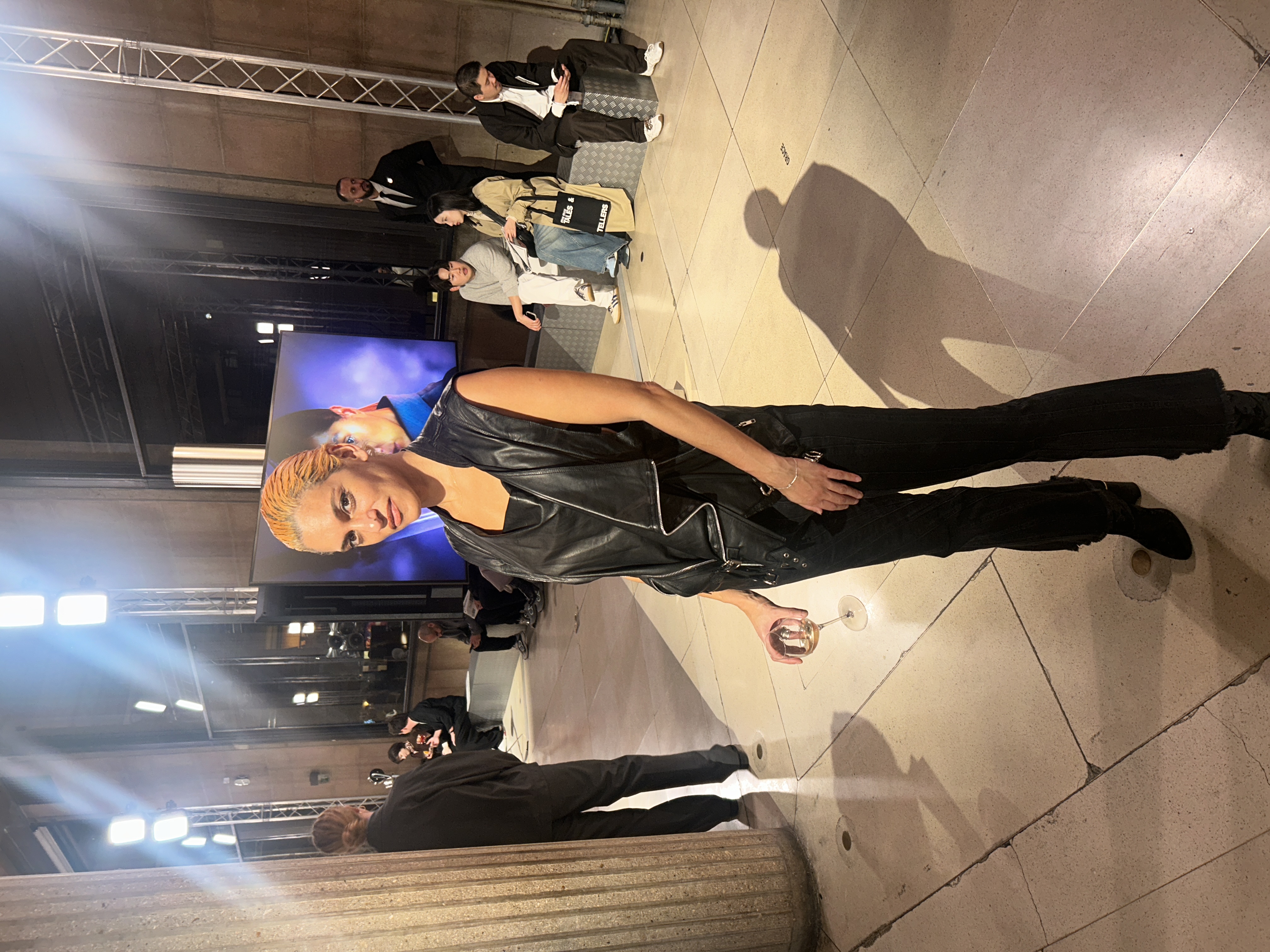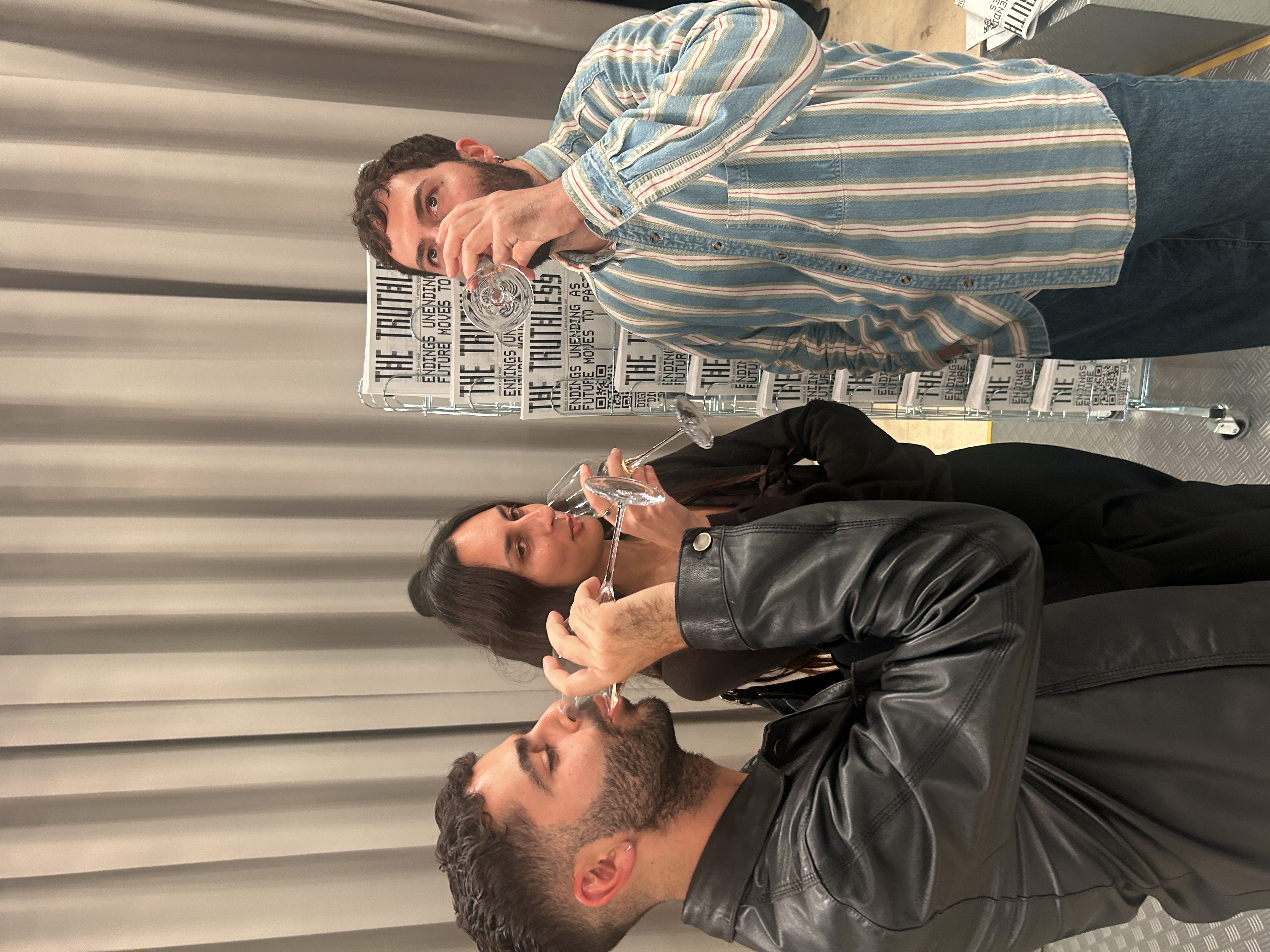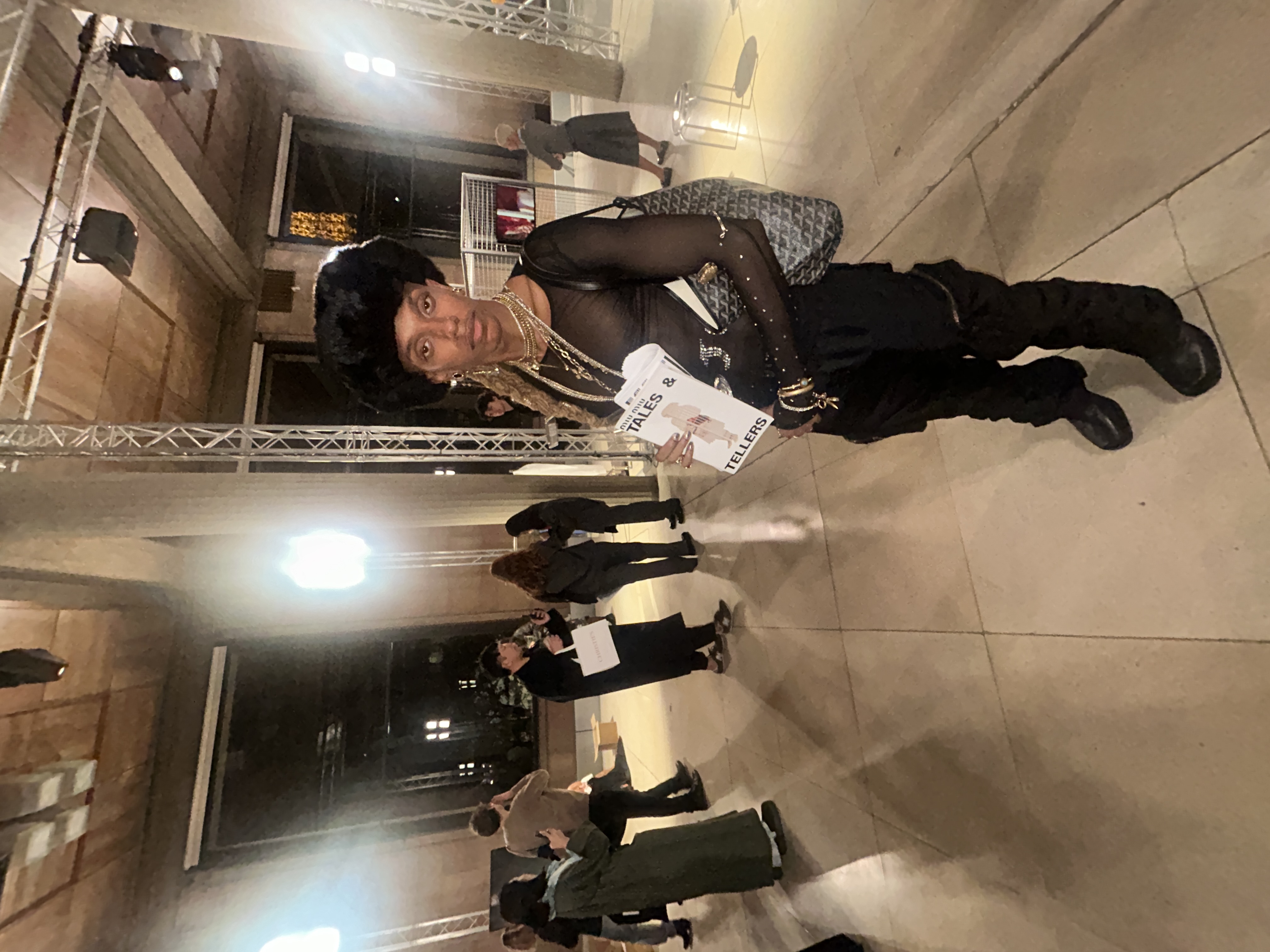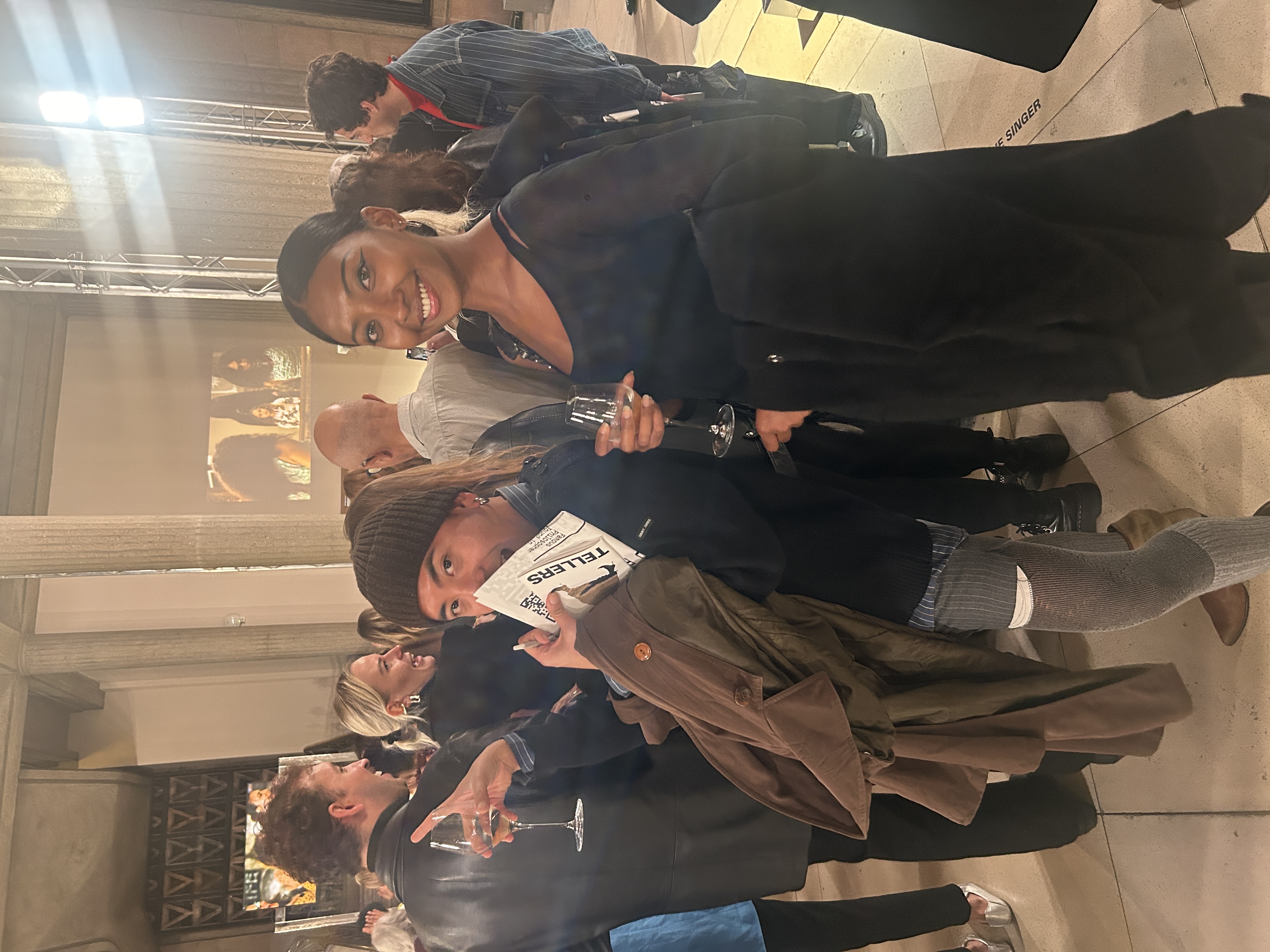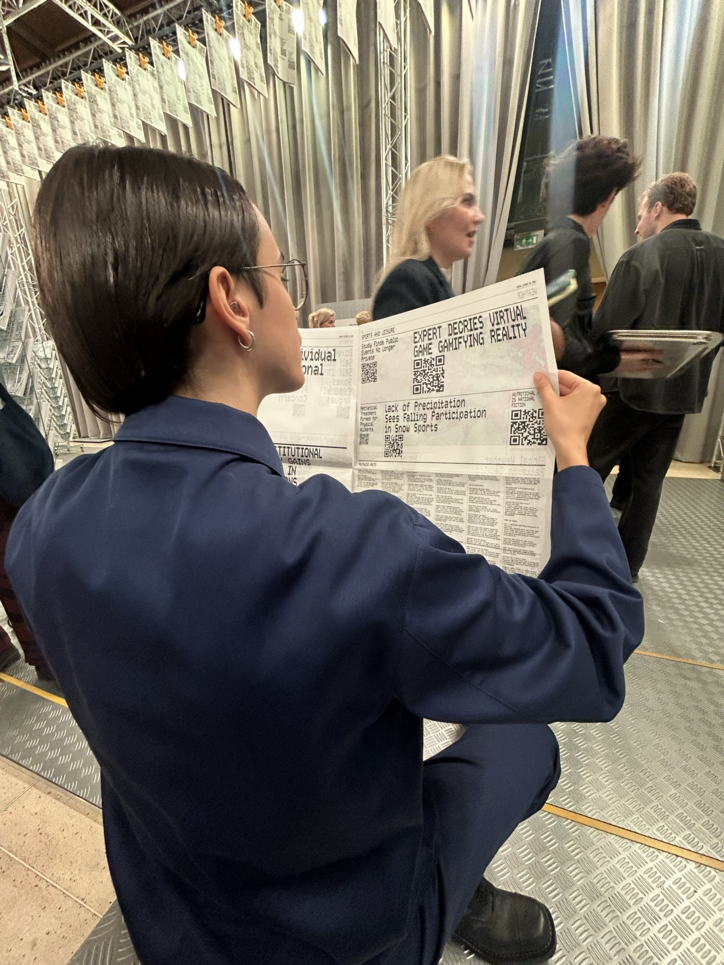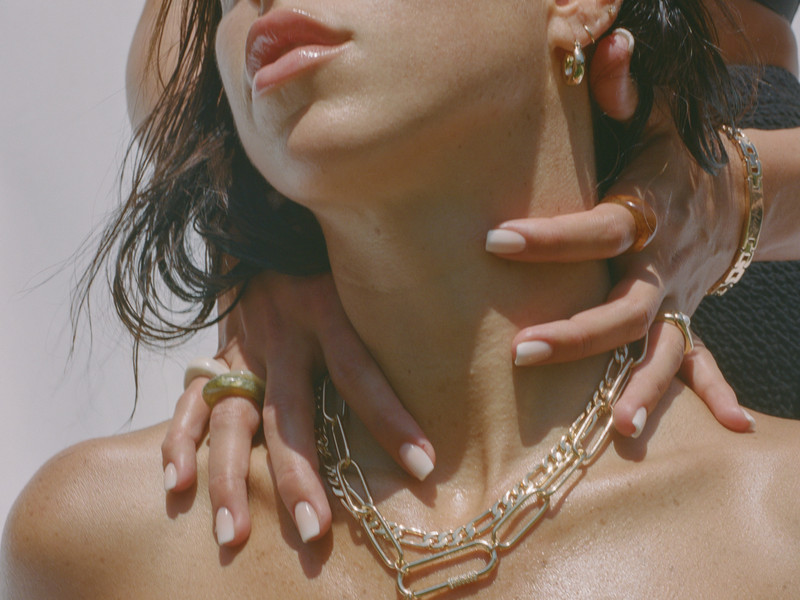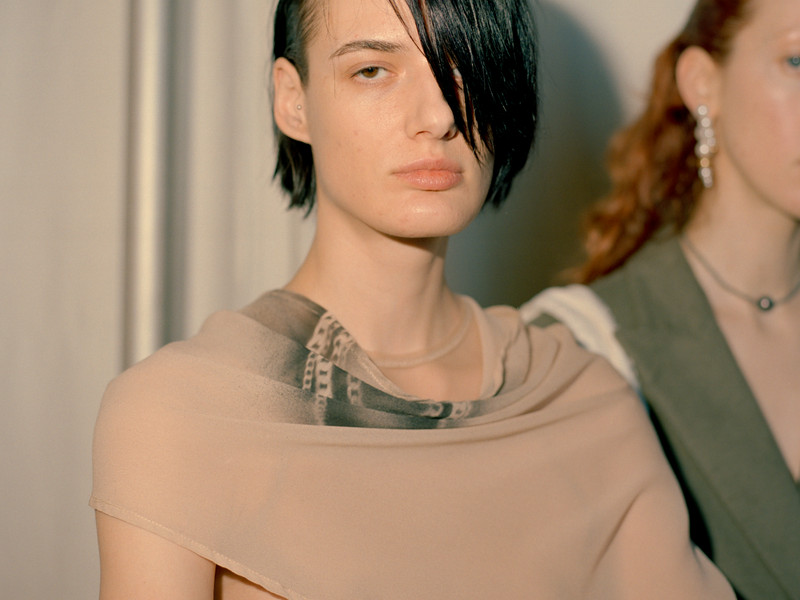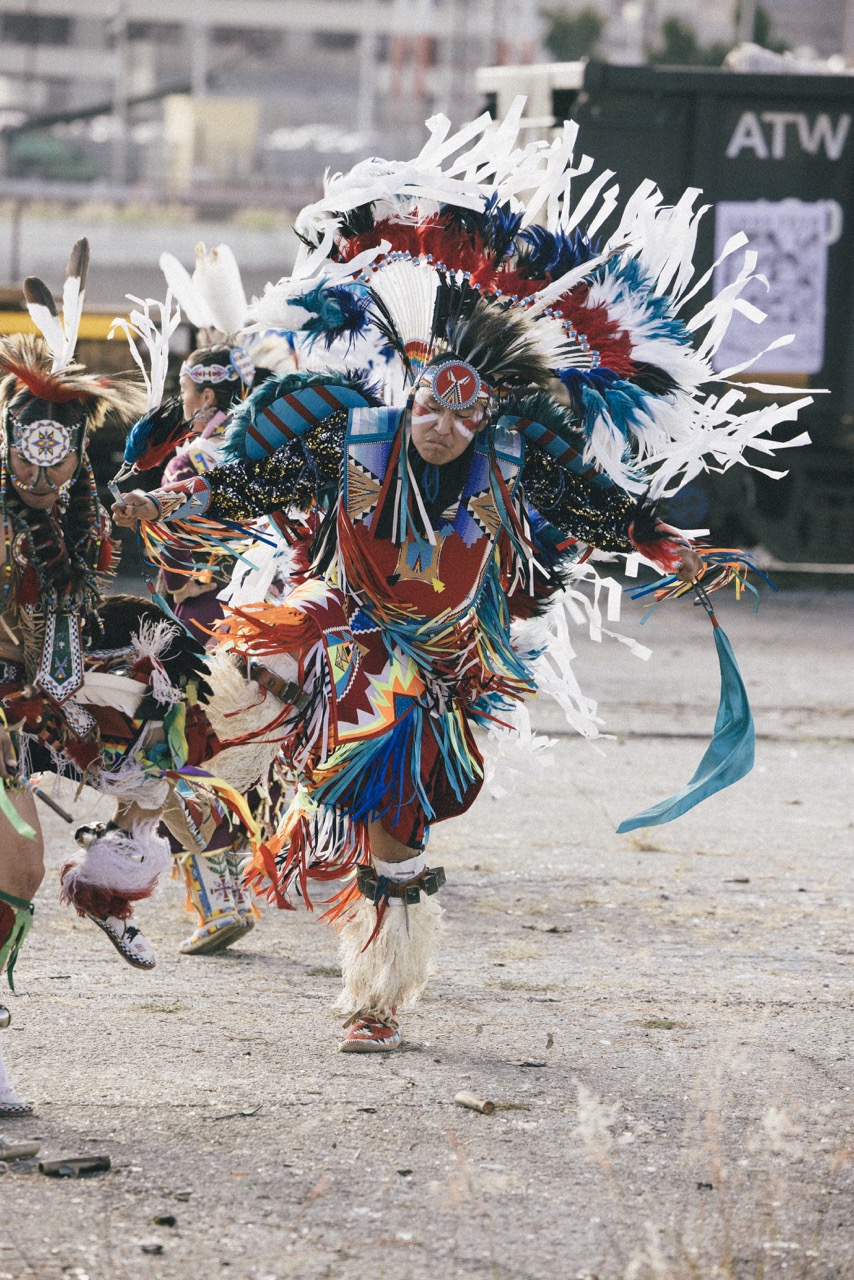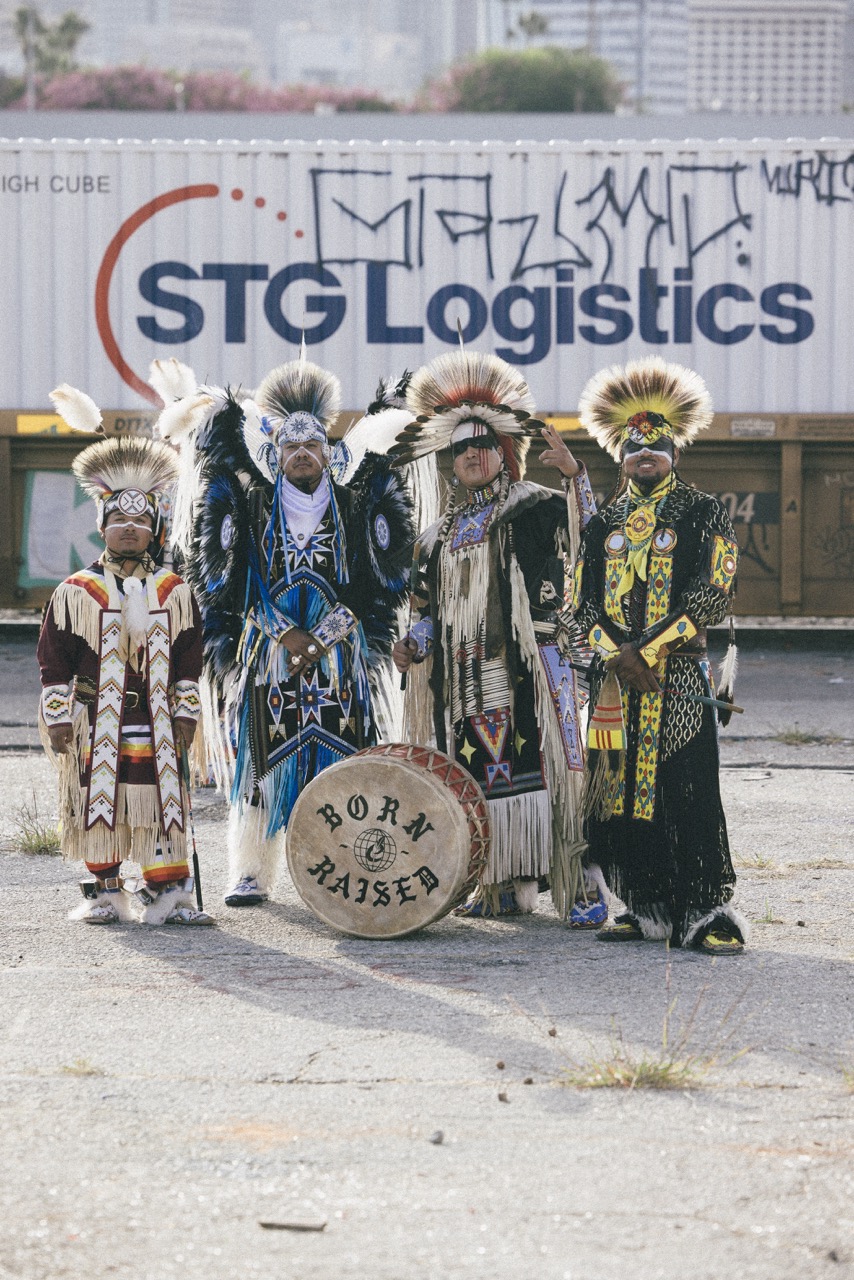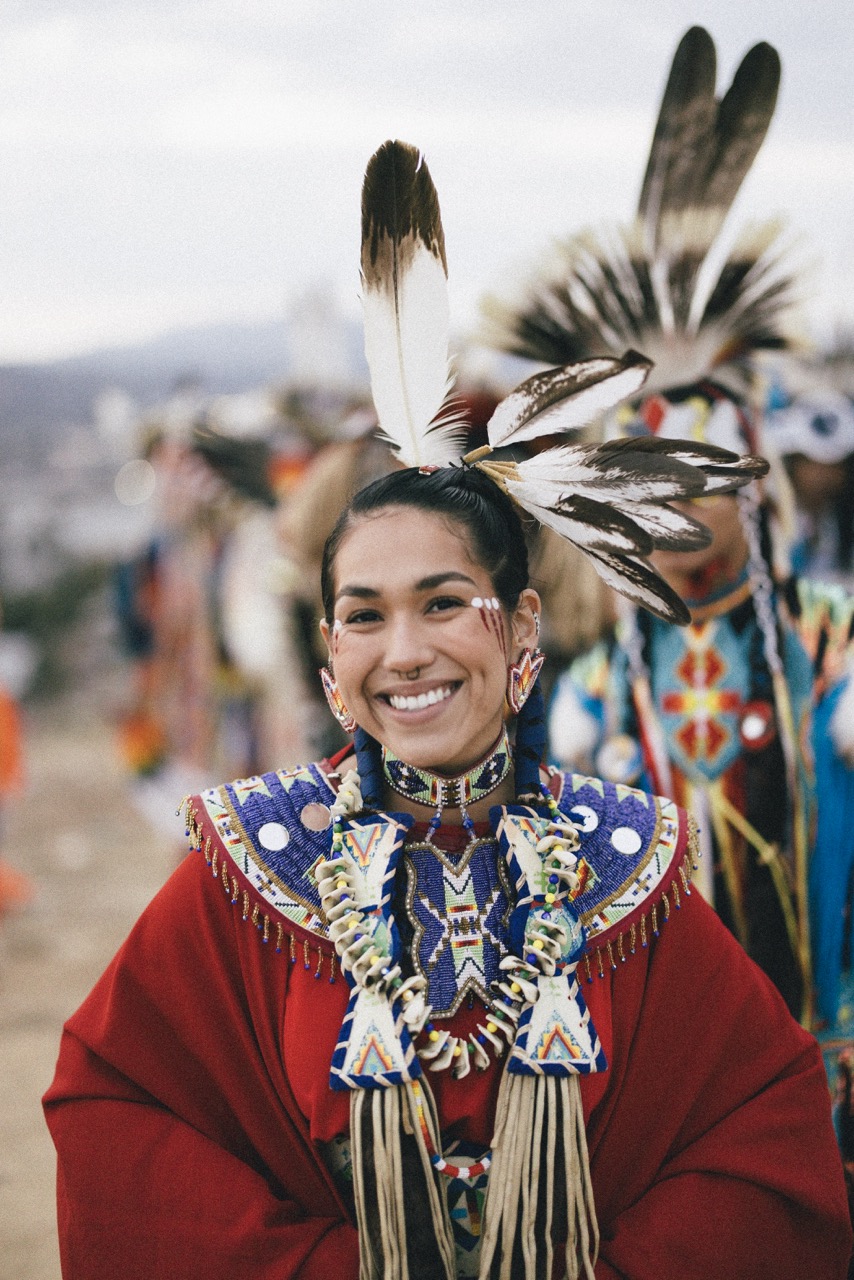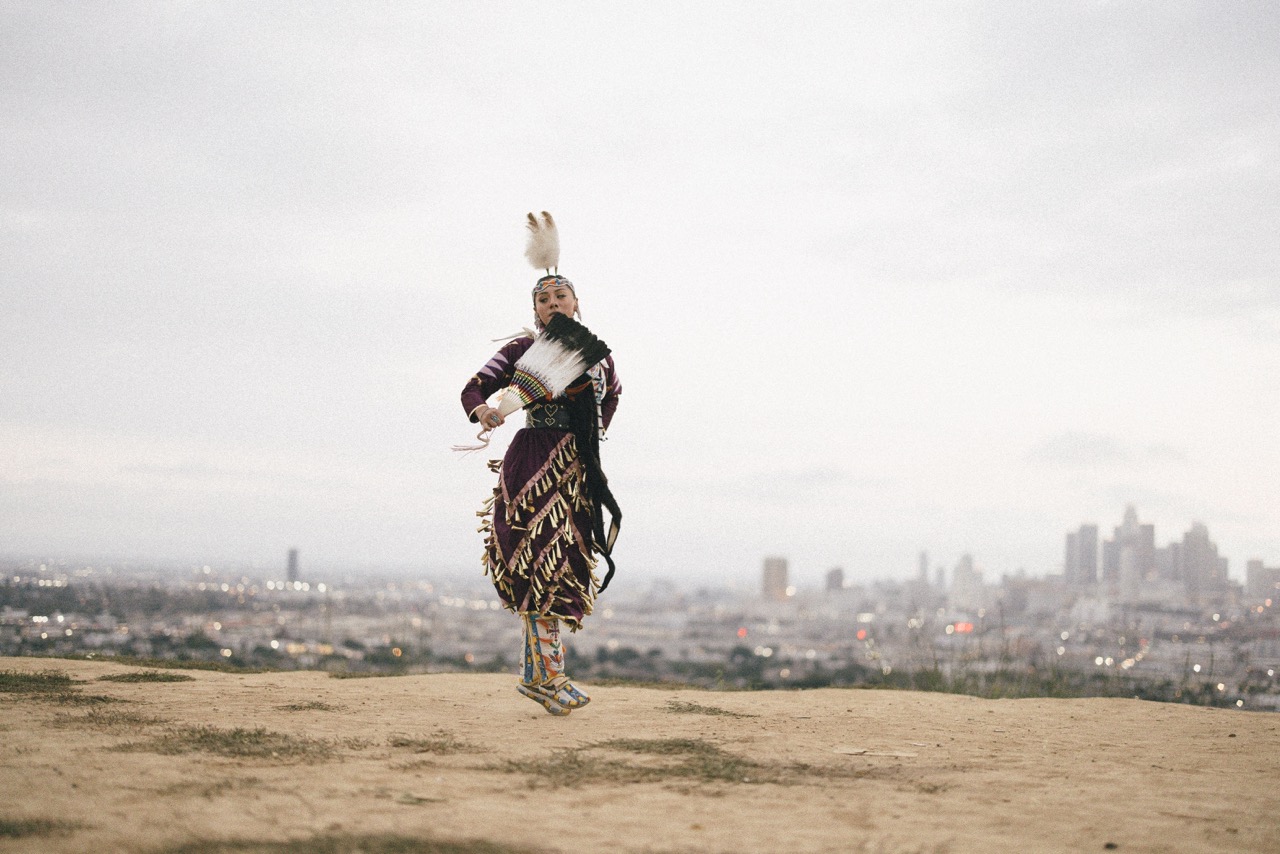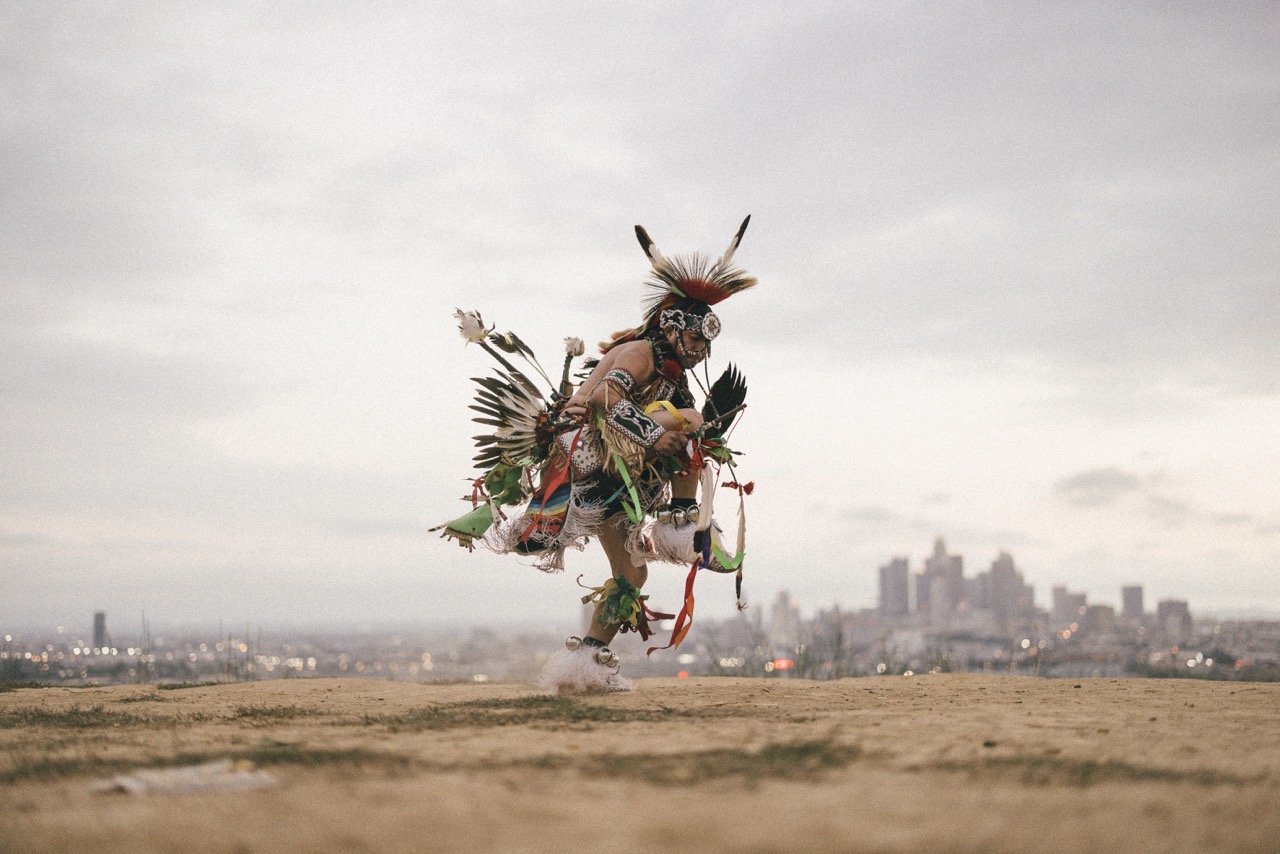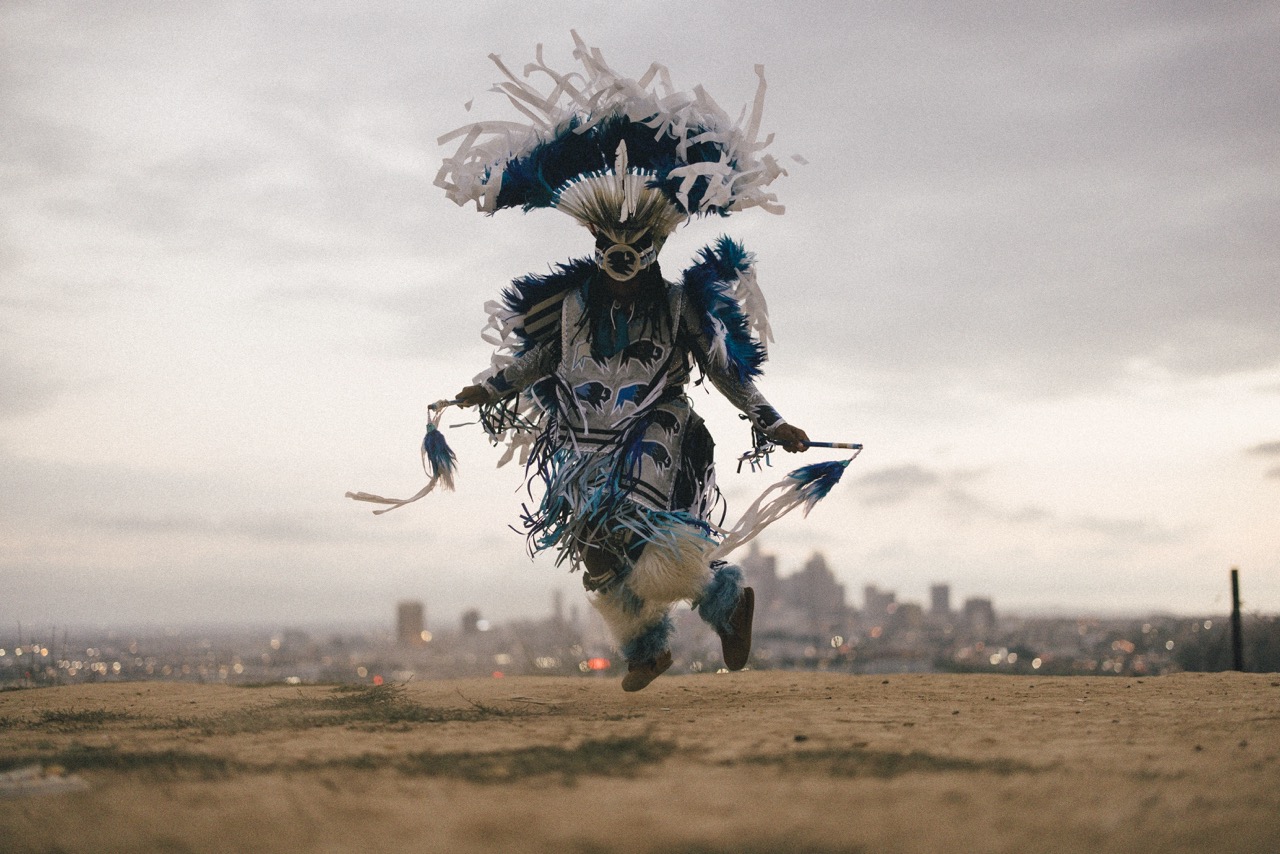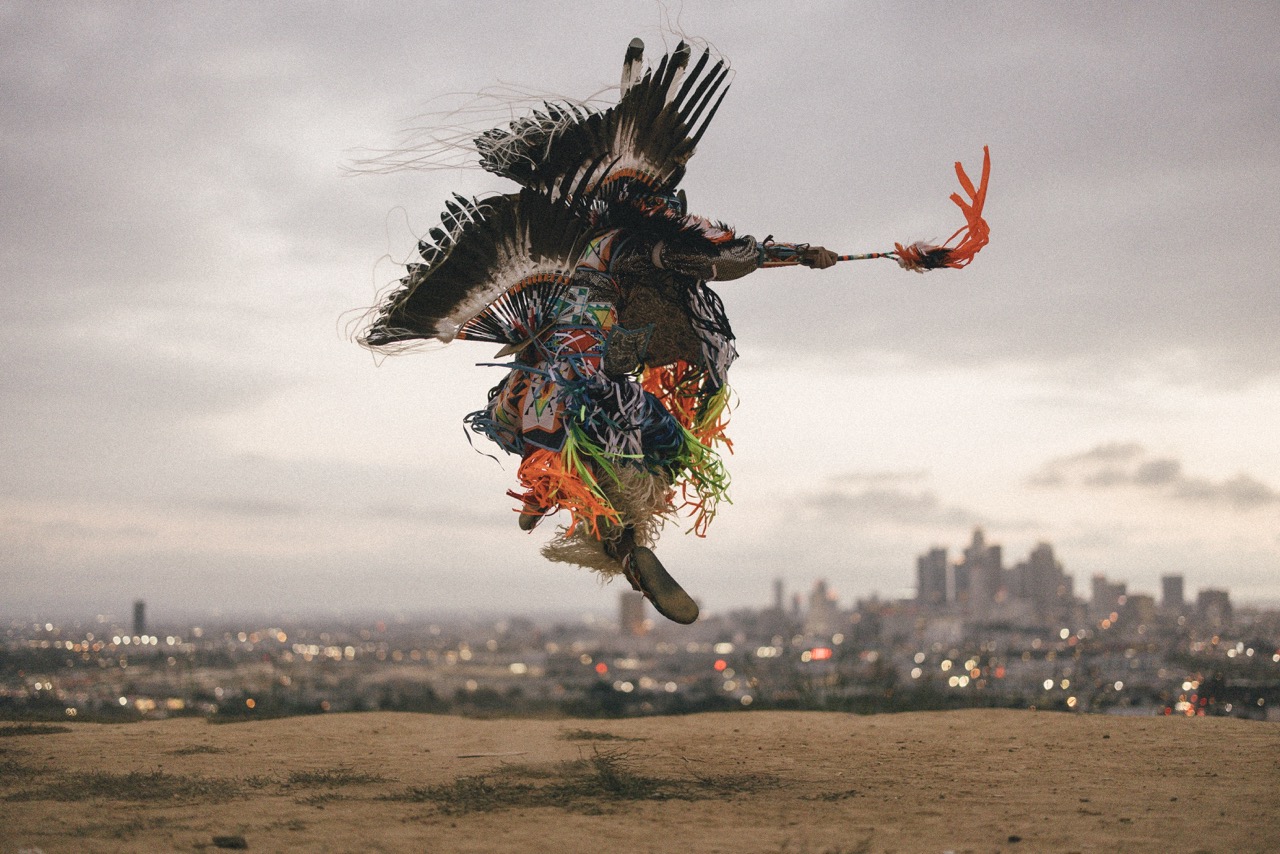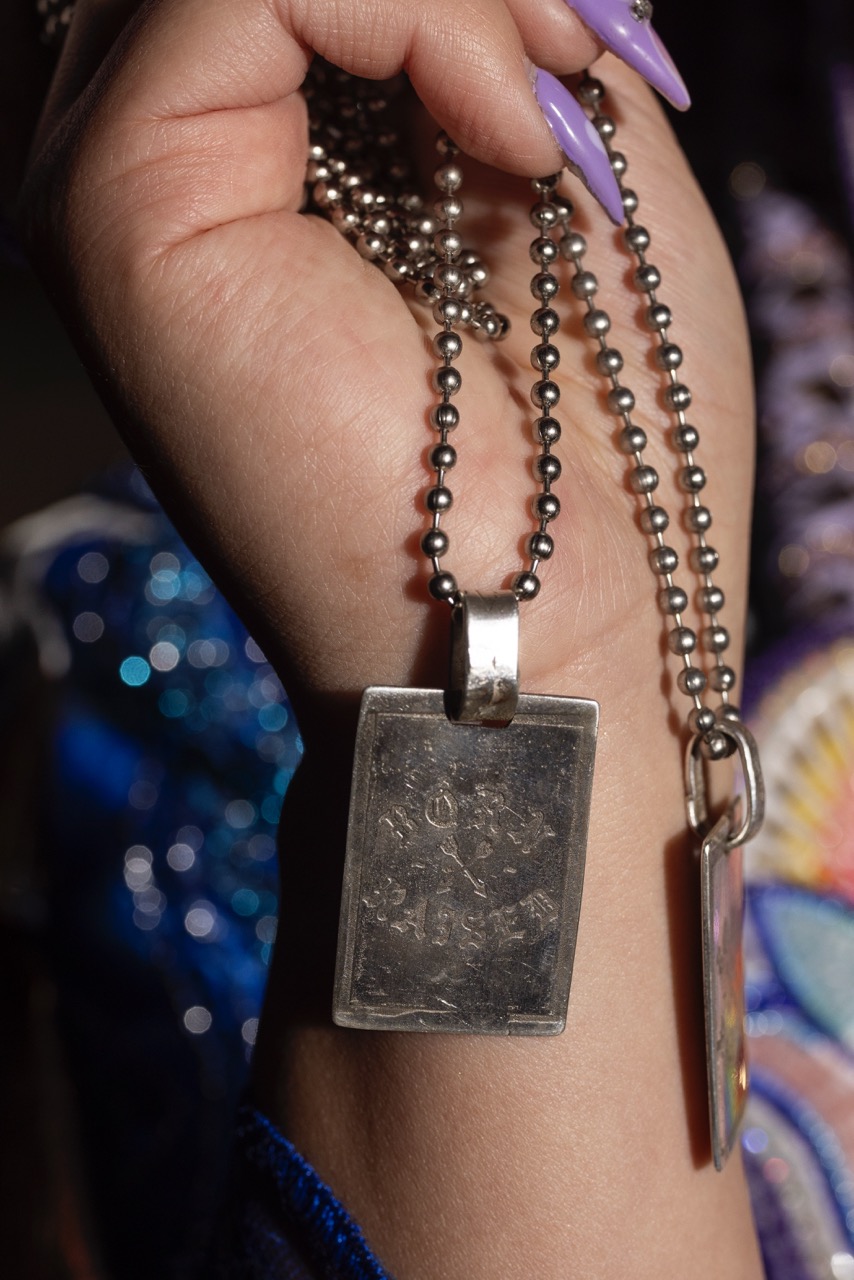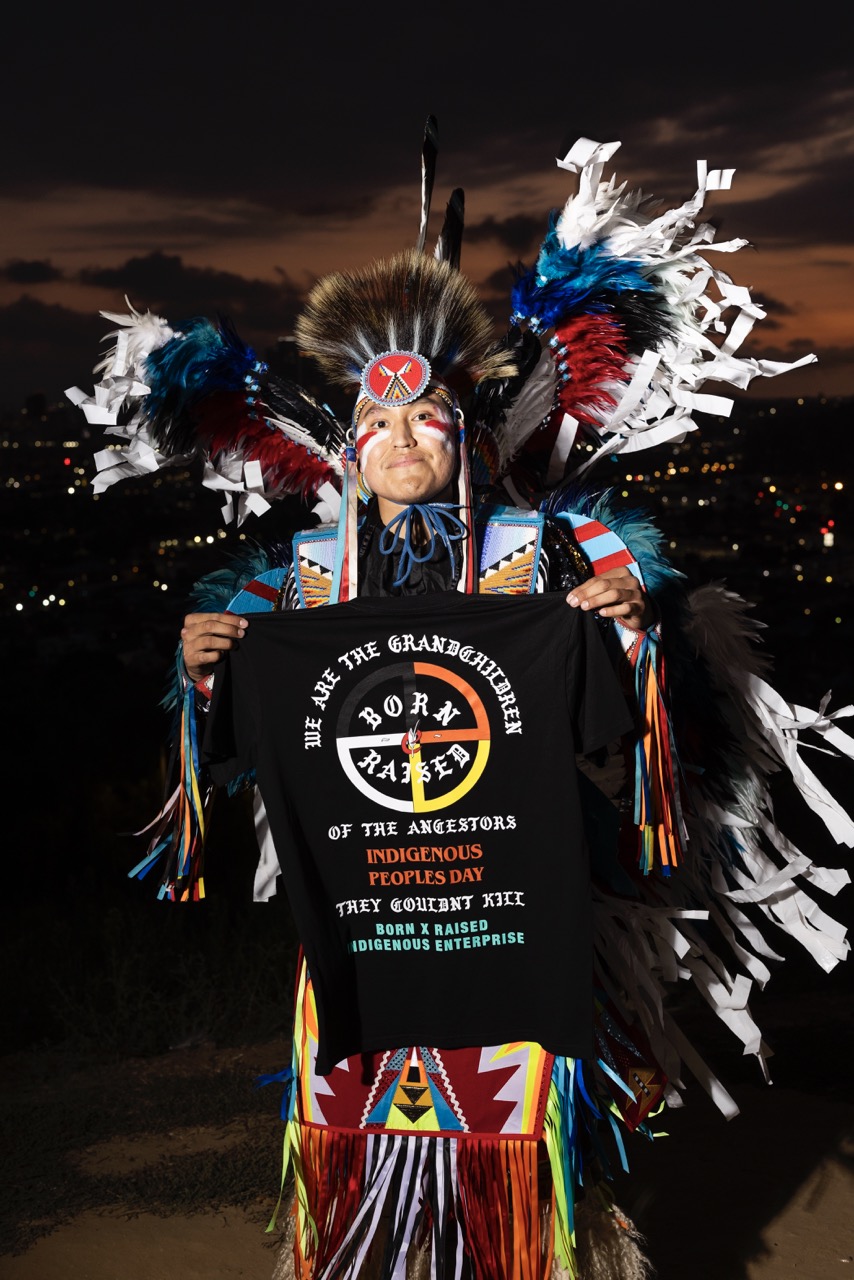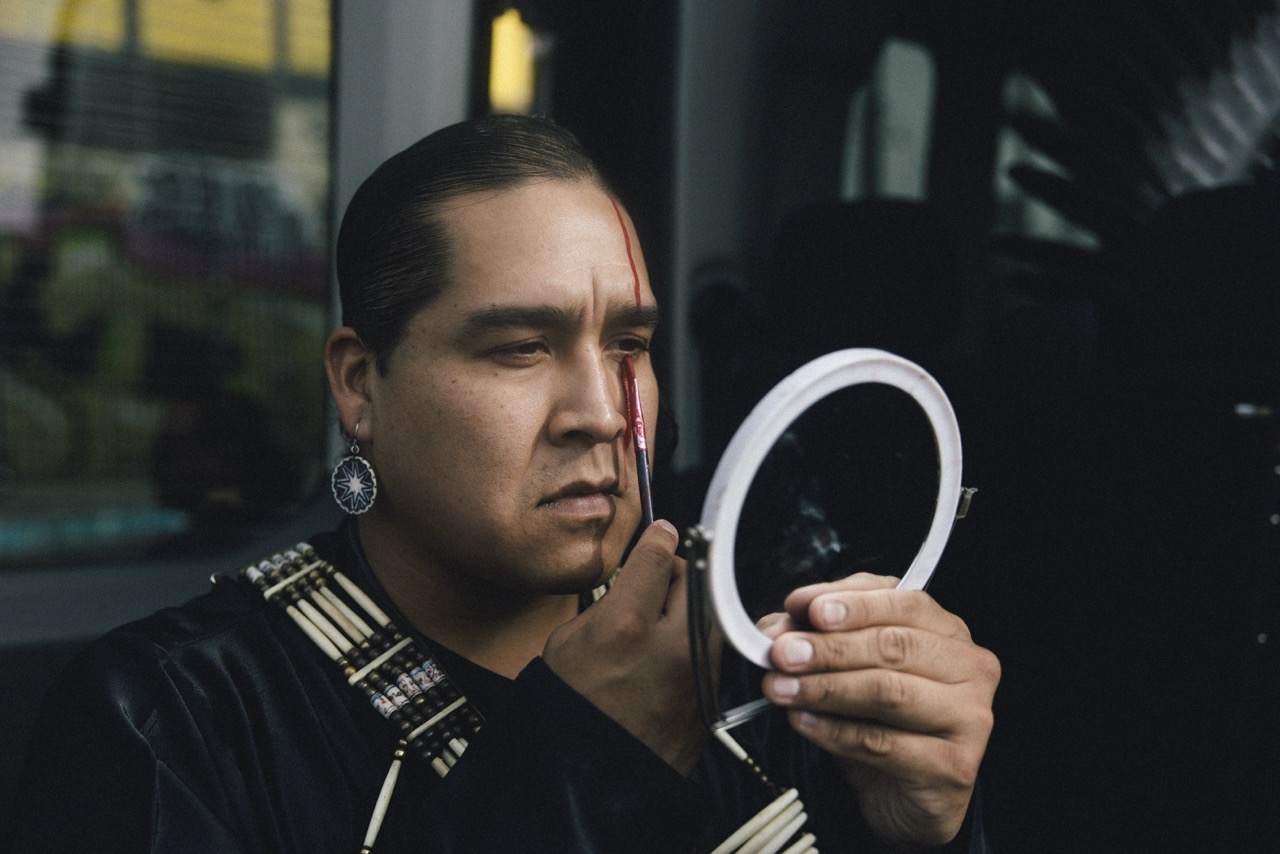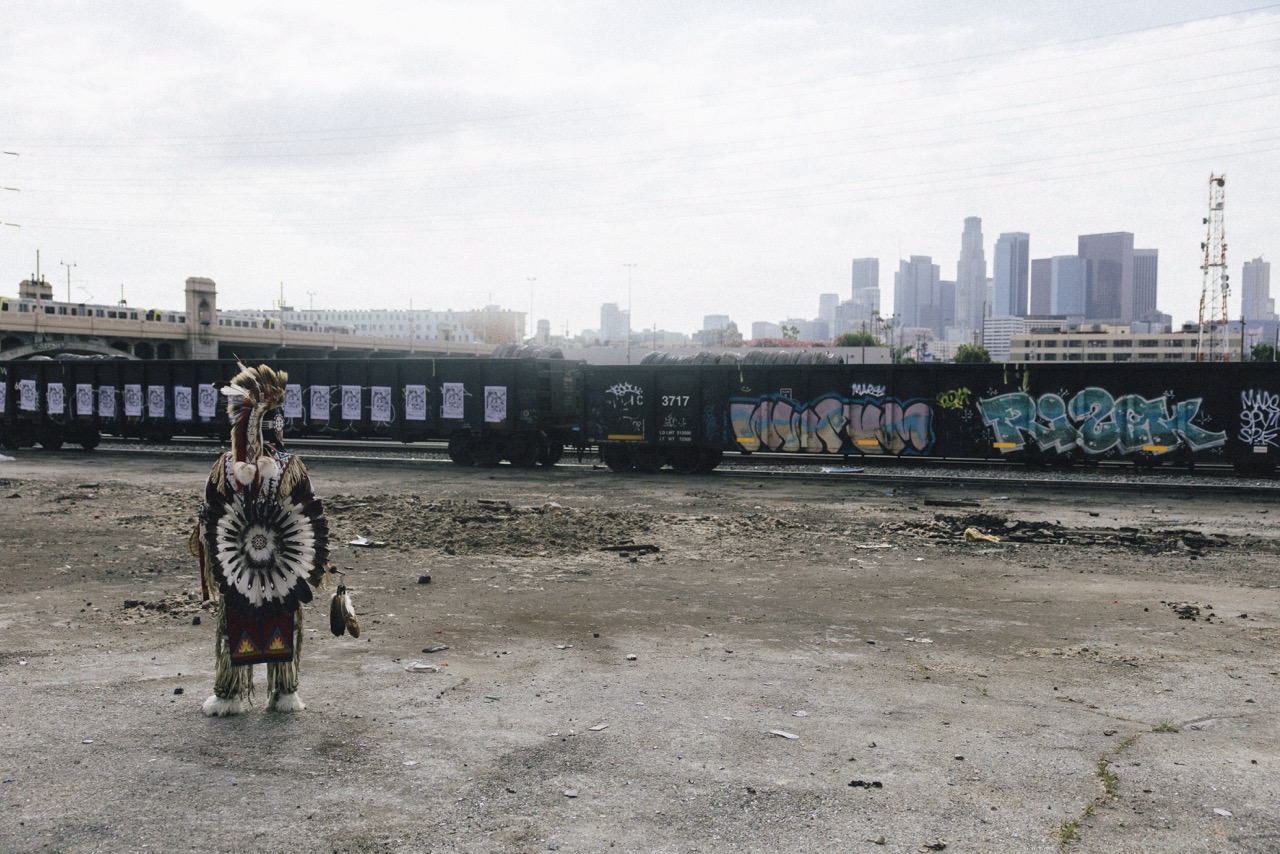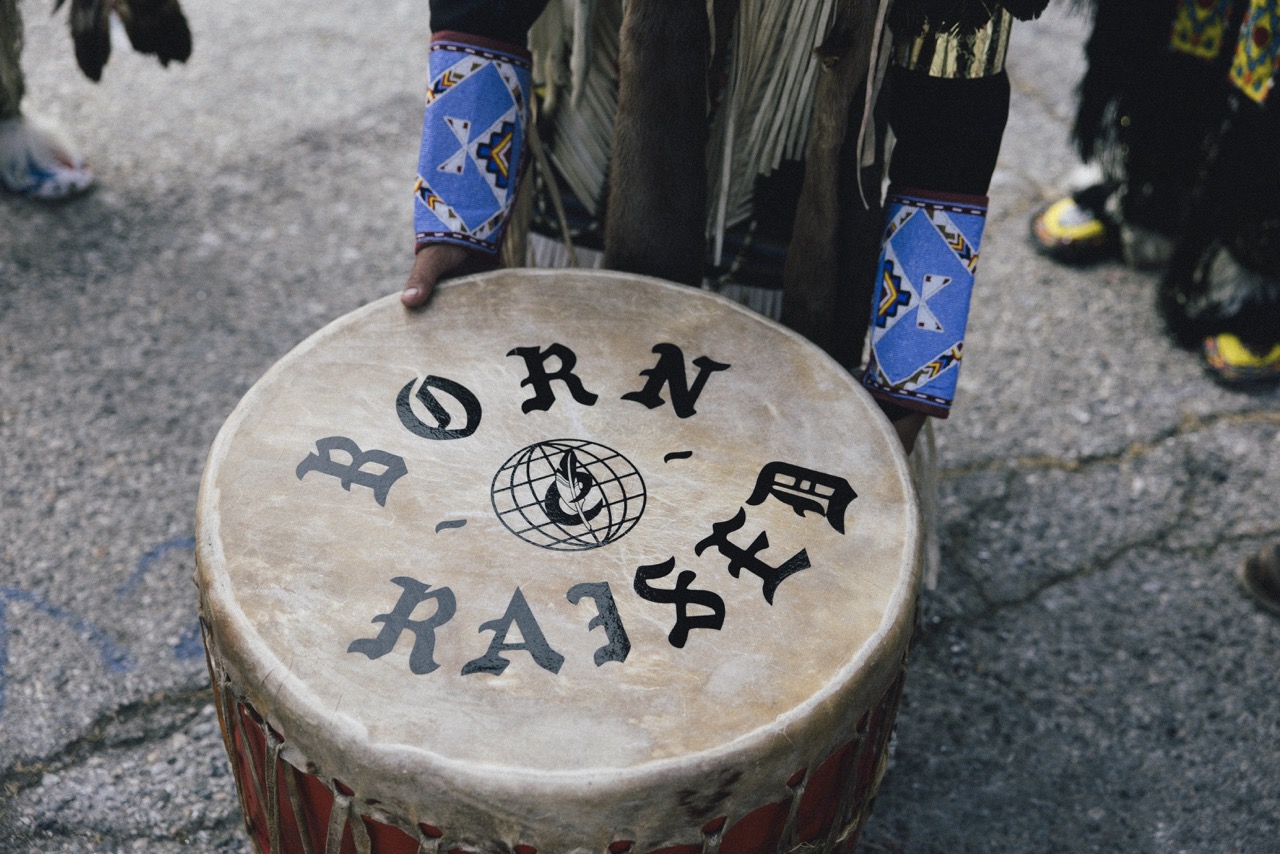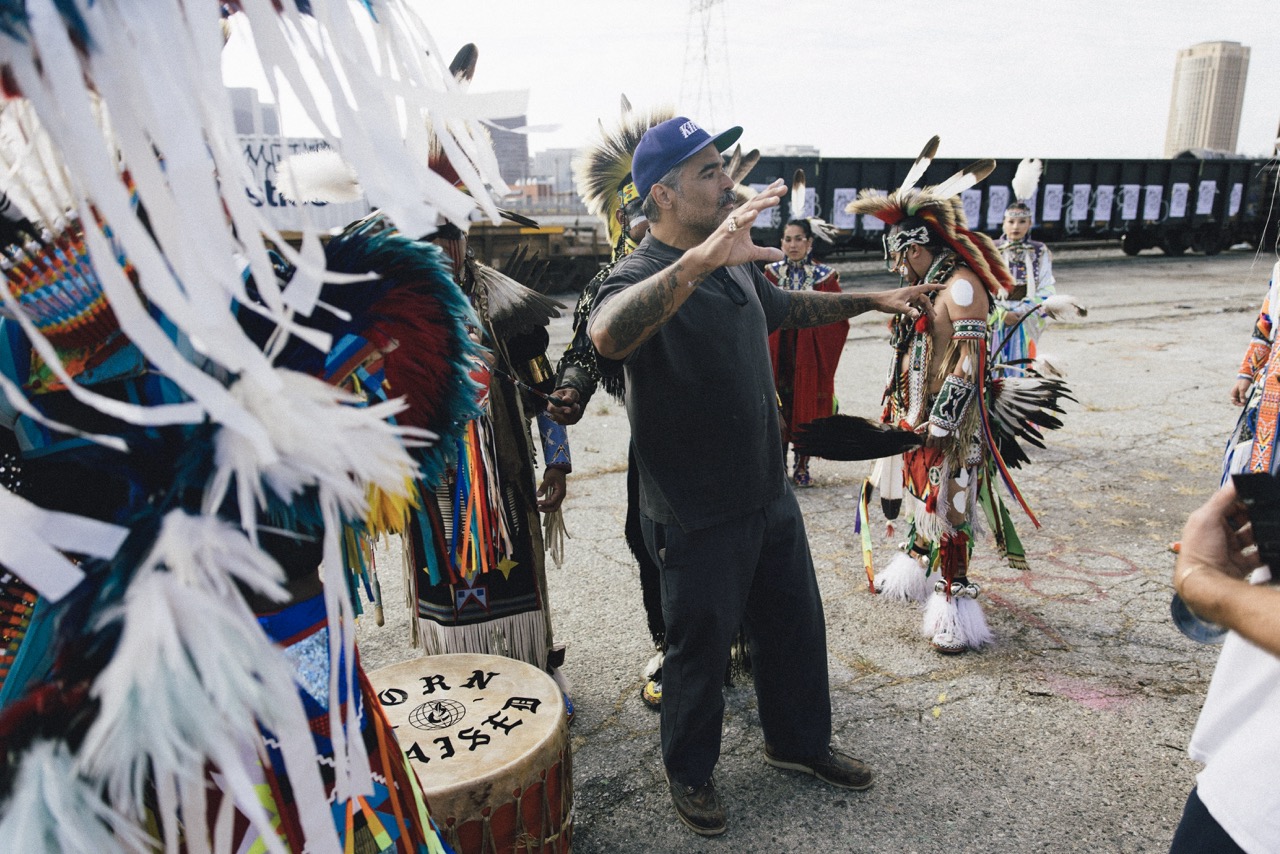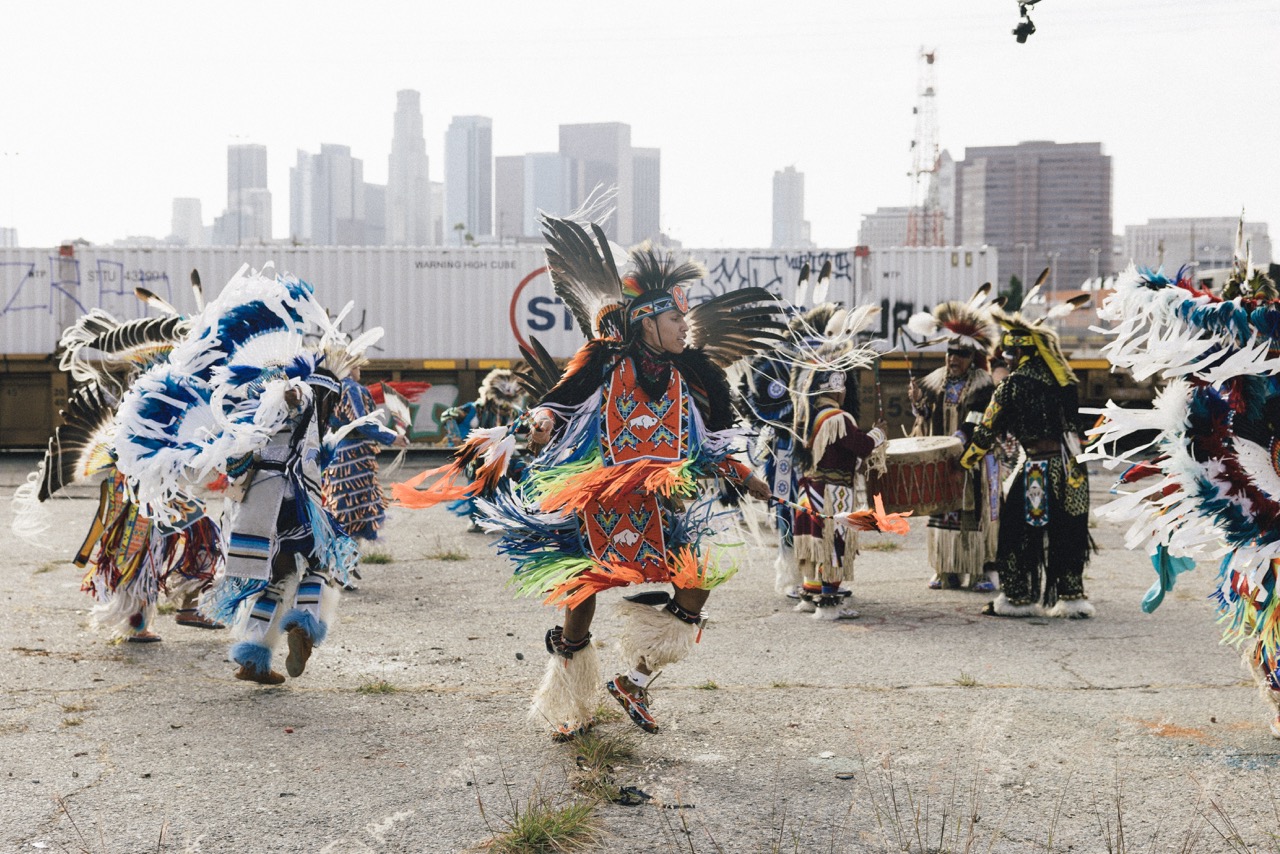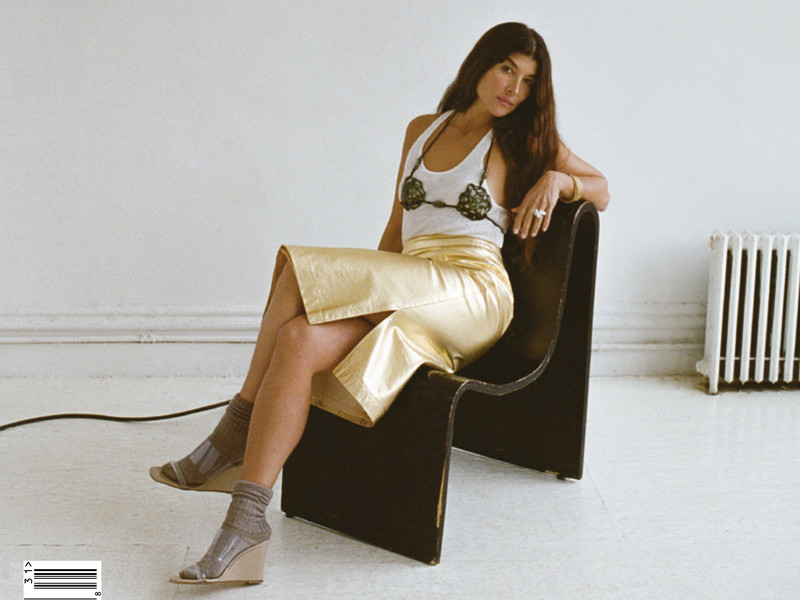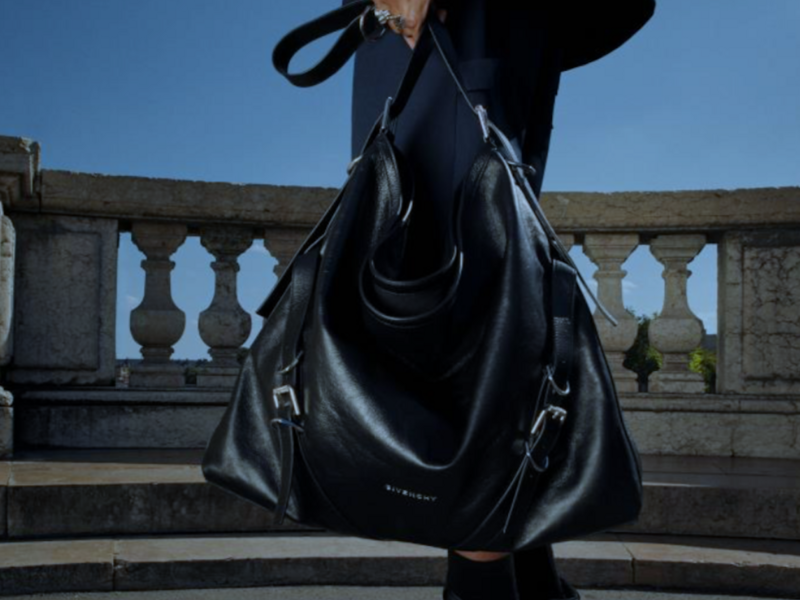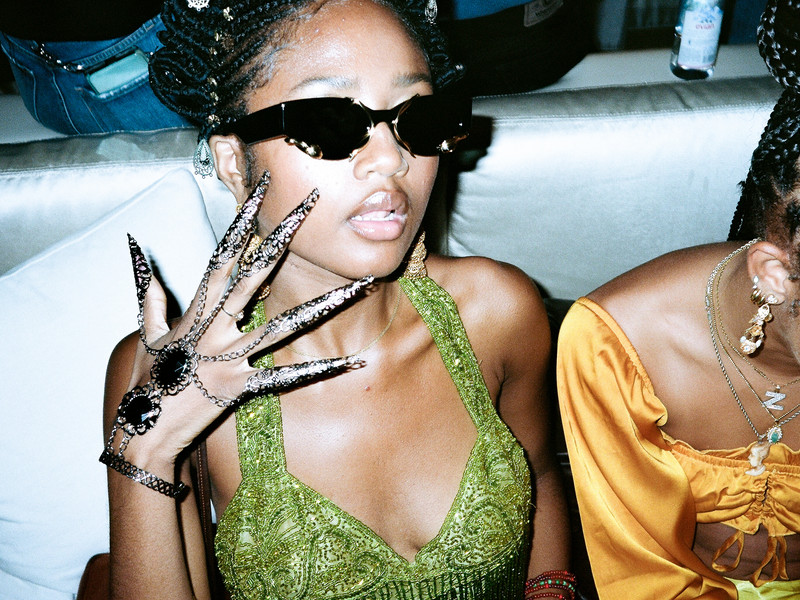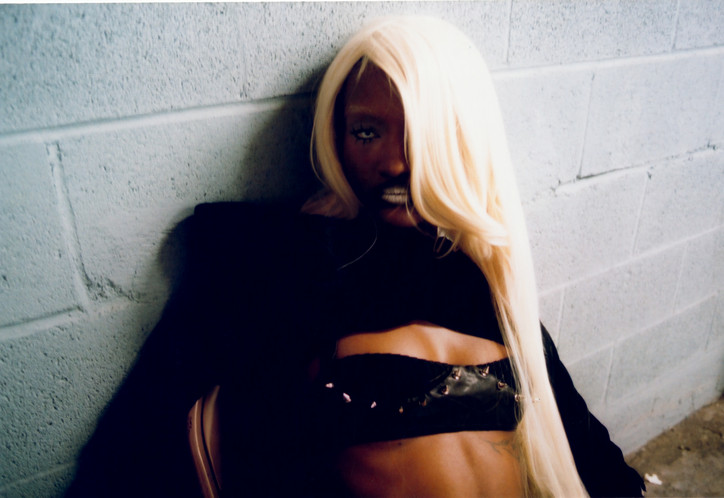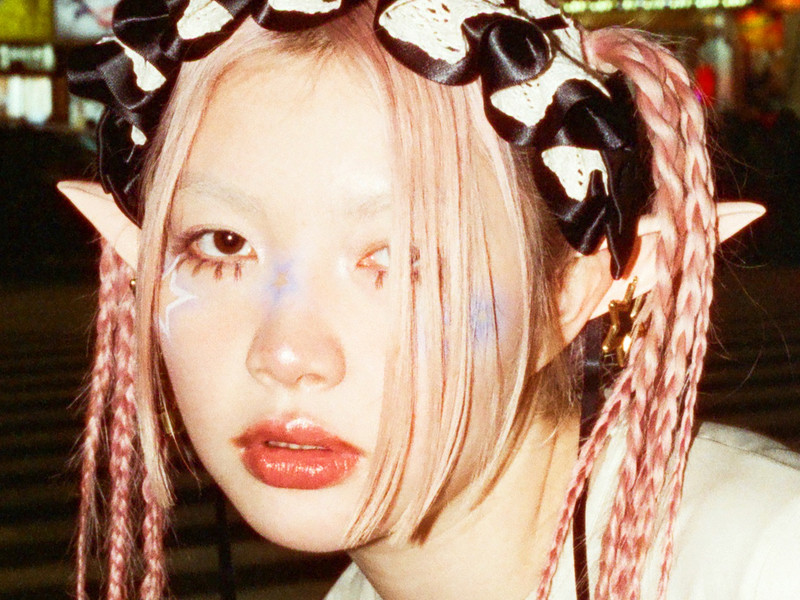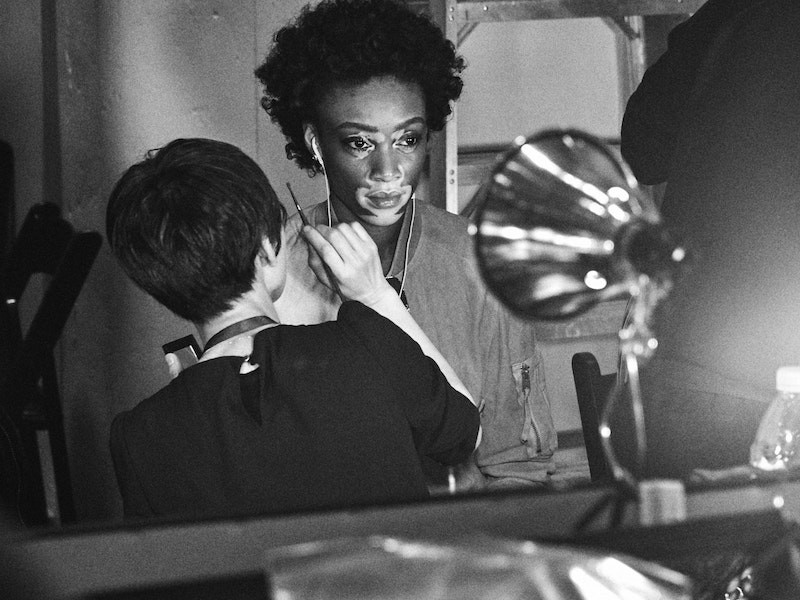Yossi Shetrit Rides the 'American Youth Wave'
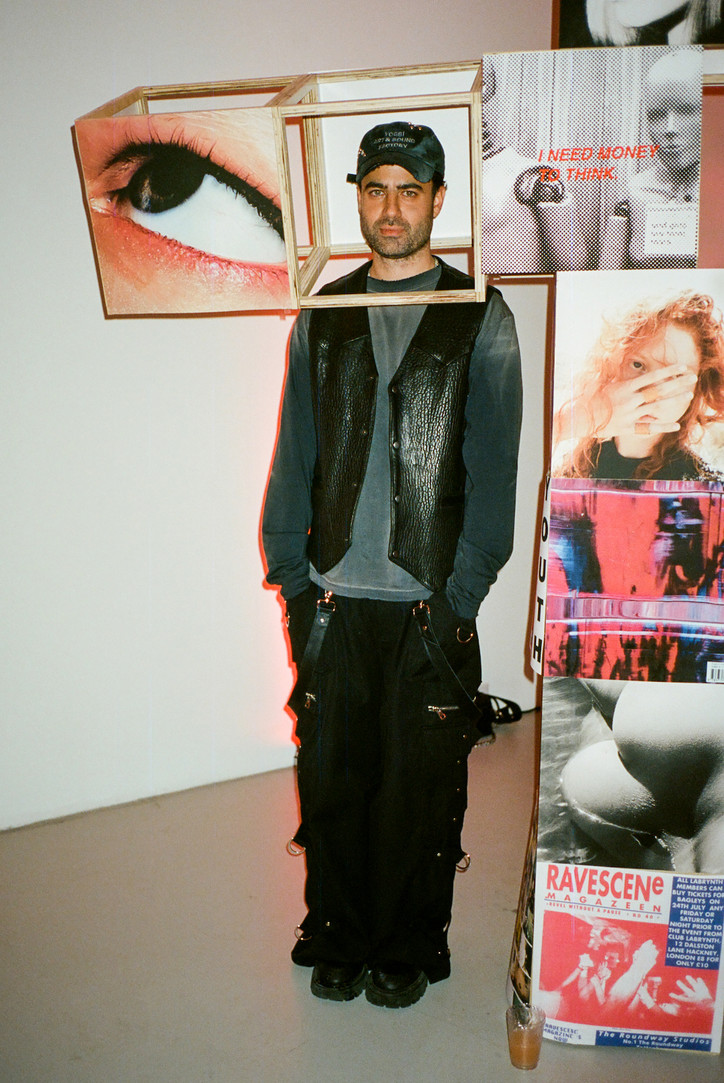
Growing up in Long Island and frequenting New York City with his father, Yossi gained an early exposure to the hustle and grind culture that has characterized Canal Street since the 2000s. Now, his designs scrutinize the convergence of suburban and urban youth influences during that time, providing a deeper understanding of how our interests during our those years shape our perspectives today.
Youth subcultures have always existed throughout history. For Yossi, television has always acted as a window into the culture of American youth and the effervescent urge to rebel against whatever. Yes, think Degrassi, probably Teen Mom, and even My Super Sweet 16. Yossi Homme embodies this rebellious spirit and atttide at its core. Yossi blends his signature style into his brand, from the intentionally tight "girlfriend-fit" vintage graphic T-shirt to baggy Japanese-made denim.
We sat down with him to discuss his relationship with New York culture growing up, the music that inspires his designs and his favorite pieces from the new collection.
Colleen Rodgers— Tell me a little bit about how you started in fashion.
Yossi Shetrit— I always wanted to be an architect growing up. When I was younger, I stumbled on a website where people were making graphics and T-shirts and stuff like that. I was like, Oh, snap, I had no idea that you can just make clothes. I remember going downstairs to my mom and telling her that I don't want to be an architect anymore. I want to learn design and get into fashion. She looked away and started to cry. I'm like, Why is she crying? This is not good, but then she looked at me and said, I also wanted to be a designer growing up. She wasn't allowed because her parents wanted to be a lawyer. So from that moment I started learning Photoshop, Illustrator, selling T-shirts to kids in my school, and made a website.
I applied to FIT and studied menswear design. I learned how to sew, how to tailor, etcetera. I was freelancing while I was in school just to have enough money to pay for things as student. After that, I worked with DKNY too. I also started a footwear brand out of my dorm room called Lavati. We were making sneakers in Italy and it did pretty well, got a nice celebrity following. I’m also the co-founder of this company called Scarce and I had a couple of my own menswear labels. It wasn't my name, Yossi Homme, until now, once I finally found the confidence, the courage, and now the clear artistic vision with my aesthetics.
CR— What do you think was the turning point that made you want to start a brand of your own?
YS— Great question. Honestly. There's a voice inside of you that doesn't shut up while you're freelancing that sounds like, This is not 100% what I want to say. There's a moment when you can't keep on silencing that voice and it needs to be projected, so that was really the turning point for me.
CR— Can you explain a little bit more about the 'Post American Youthism' ideology that the brand is based on?
YS— Yeah, for me, a lot of my references are really about tapping into subcultures you know, youth subcultures. The goal was to create a window into the landscape of growing up in America and how these influences are reflected in Europe and other places in the world.
With today's state of globalization, what's happening in New York is happening in cities in Europe. I also wanted to introduce things that I like, bringing my own references to the forefront.
CR— Yossi Homme embodies a rebellious spirit, attitude, and brotherhood at its core. Are there any specific moments of youth resilience that come to mind?
YS— Great question. This may not be a popular opinion, but what touched on American youth wave, was my being engrossed with pop culture and popular television like MTV, and even just the concept of us getting all of our information from the television and radio during the early 2000s.
I remember hearing about the last Woodstock in 1999 with all of this angst and all of the raging. I would say that era influenced me, not a specific movement, more so just the feeling of just being a kid in school and just wanting to do something with your life and rebelling against the mediocracy. I could also think of what was going on in the Factory with Andy Warhol, the Chelsea Hotel, New Wave, the Ramones, Forrest Hills and the punk culture movement, Circle Jerks, all that. That's where I bring a lot of my references in.
CR— I wanted to touch on the music you mention. I noticed the Spotify playlist at the bottom of your website titled: Post-American Youthism. Tell me about the songs you picked.
YS— Oh, sure. Before I design I like to put music into sub-folders: what I'm feeling, what feels fresh, and what I'm relating to. Anything from Limp Bizkit to Korn and Marilyn Manson. I remember seeing my first Marilyn Manson video on MTV when I was 12. It was so crazy. It wasn't just metal for me, I also loved hip hop, but music felt more distinct at that time; right now, genres feel so blendable. Rap and metal elements could exist together in one song, and I like both so before that transformation I was always thinking, Where do I fit in? I don't fit anywhere — so let me make my own circle.
CR— As a first generation American, how do you view the role of youth culture in politics? And how does your Israeli-Moroccan background play a part?
YS— We love to talk about the hustle and the grind, which is obviously associated the culture but there's also this generation's obsession with American culture, not through the lens of our parents, but through the lens of our peers. I feel that my Israeli-Moroccan descent gives me a global outlook on things.
I think my Israeli Moroccan descent plays into it by me having this kind of global outlook on things with my Moroccan culture, Israeli culture, American culture. There is a juxtaposition. I juxtapose these concepts together into my own take. I was just in Morocco, and seeing blue everywhere, thinking, How can I incorporate this? I love the kids there and how warm everyone is. It makes me think about how I interact with others. Then, I was in Tel Aviv and so into the music culture there. it's so vibrant and wild in terms of techno and stuff like that. I think everything plays a part in some strange, subconscious way.
CR— You were saying earlier that you were fascinated by America because of the portrayal of it around you in the media. Does that portrayal of America differ at all from the one your parents told you about?
YS— I think our viewpoints are probably similar because what they've told me and what I know is that you can do anything here; anything is possible. From five to 21, my dad would drag me to Manhattan every Sunday to work with him, so the idea of hard work and discipline was instilled in me early on. I've always had super supportive parents and I'm grateful for that. I hated college, but my dad convinced me to take a footwear course and that's how I learned to design shoes.
CR— Why did you choose to produce the denim in Japan for this collection?
YS— They're the best in the world for denim. They have certain craftsmanship abilities that no other country in the world has. When I started reaching out to factories in Japan, they were super into my work and excited to bring the designs to life.
CR— How do you feel like your personal style coincides with the brand?
YS— One to one. It's so important. The more I progress my personal style, the more the brand progresses as well. They need to be in sync. For me it's, Does it come from a place of what's missing in my closet? Or like, What do I want? What do I want to see? How do I want this fabric to look on me? Personally if I’m watching a movie I like, I’ll want to infuse that into the collection, and if people get it, thats great. If they don’t — they can move on.
CR— I love that attitude. So having grown up in New York in the 90s and early 2000s, how does your exposure to the cultural scene of those specific eras influence your taste now?
YS— It has everything to do with it. When I was younger, it subconsciously influenced me and I thought everyone was influenced by these things. Now that I'm older, I realize that not everyone grew up paying attention to the same things I did. My dad worked at my grandfather's electronics store on Canal Street and when I'd go i'd see all the guys selling mixtapes on Canal Street, when DMX was really heavy in the scene. I was listening to hardcore rap at 12 year old, watching the cops confiscate this other guys' fake LV bags. It was wild! That's where my hustle mentality comes from as well, seeing people barter things. I would get clothes from the city then go back to my public school and Long Island and nobody else would be wearing it because it wasn't as accessible. I had this unique balance between urban and suburban culture which plays into how I view things today.
CR— What do you want to see the future of your brand look like in the years coming?
YS— First, I want to build a very solid community around people who share the same values and ethos, as me and the brand. Second, I want to expand. I just did this presentation called 'American Youth Wave', so I'm planning on doing more presentations, maybe a runway show in Paris. I want to build out my own house and really start pushing the boundaries what we think fashion is through the world of Yossi, which is everything from fashion to art, music and design.
CR— That sounds like a great plan.
YS— Yeah, ESSX in the Lower East Side will be selling the collection as well so I'm excited.
CR— Congratulations! Well it sounds like you got a lot of exciting stuff coming up — I'm excited to see it all.
